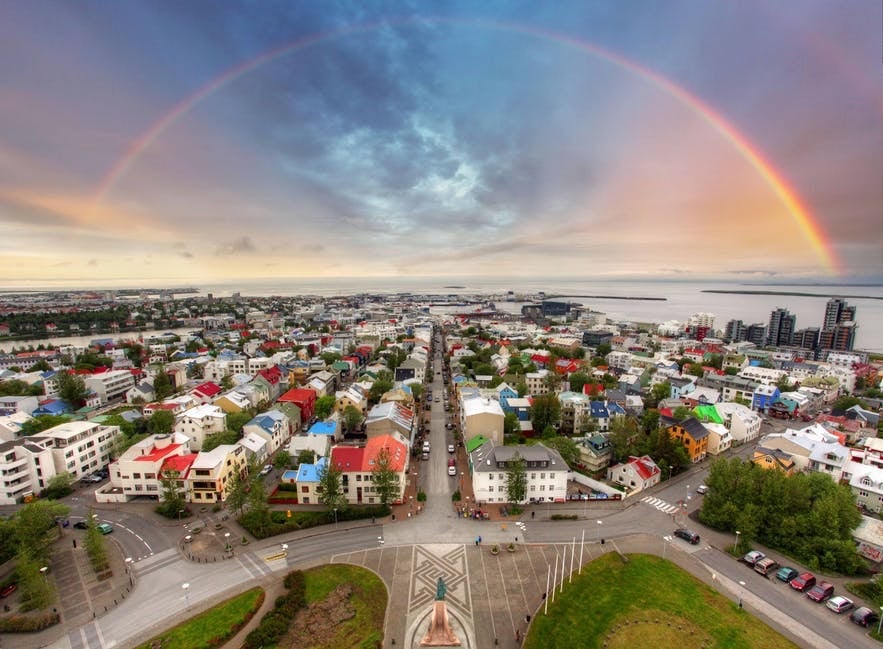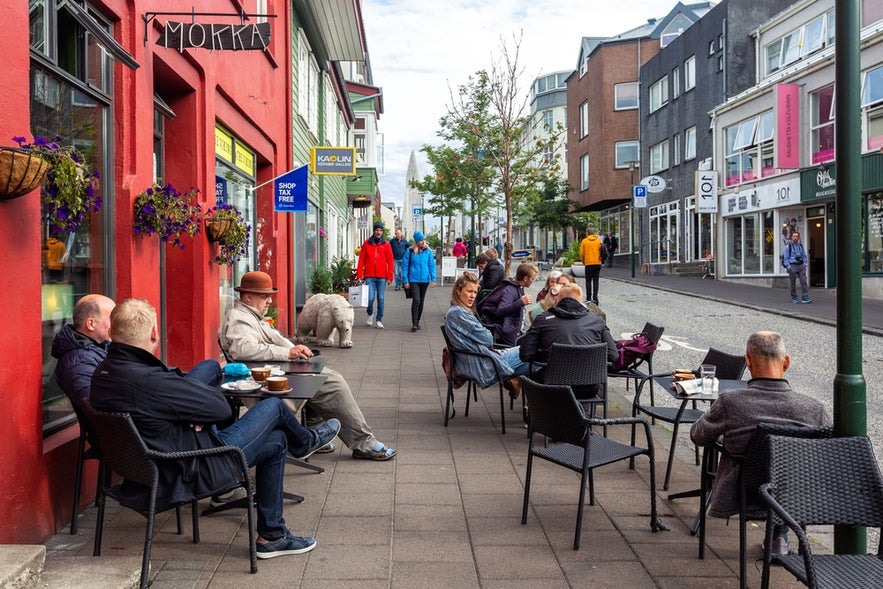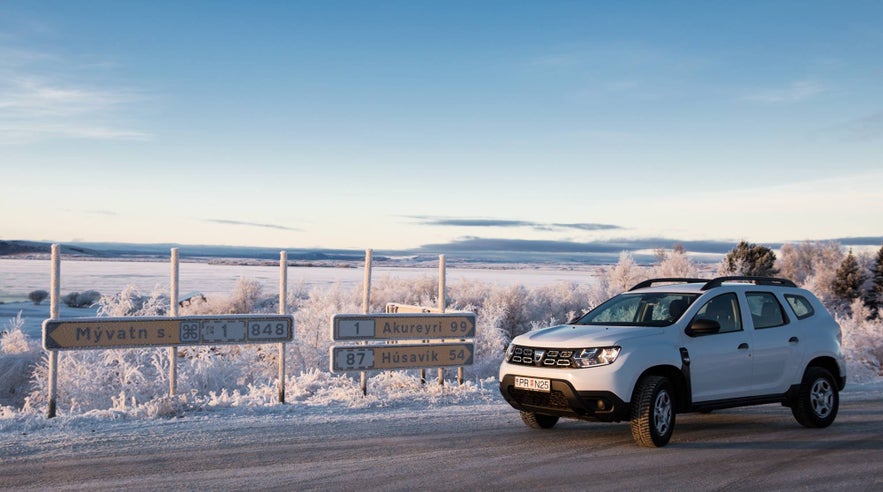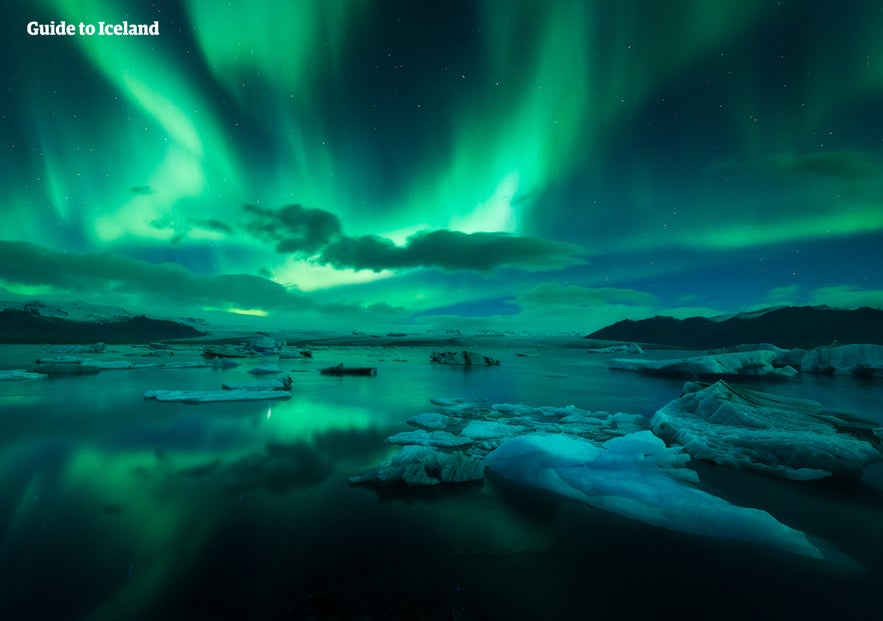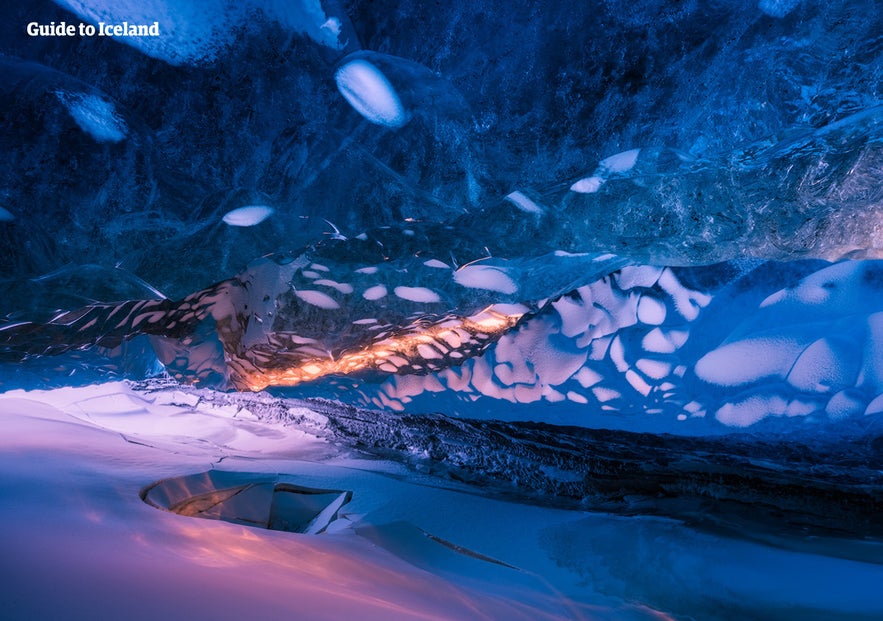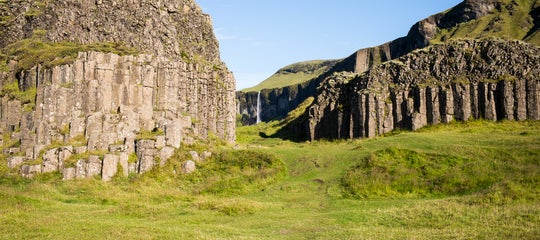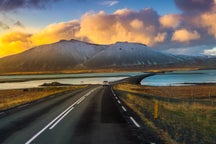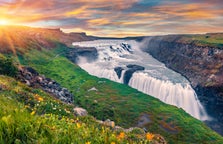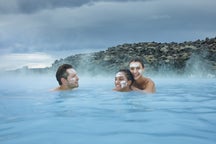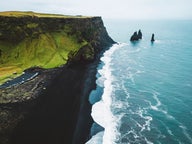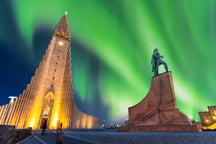Moving to Iceland offers the chance to live among glaciers, volcanic peaks, and northern lights in a safe, welcoming, and progressive society. This guide covers visas, housing, and local customs so you can start your new life with confidence.
Given the boundless natural beauty and scenic vistas of the land of fire and ice, many people book a vacation to Iceland to fulfill a dream of experiencing its wonders. However, some wish to make their stay permanent and build a life here.
Why You Can Trust Our Content
Guide to Iceland is the most trusted travel platform in Iceland, helping millions of visitors each year. All our content is written and reviewed by local experts who are deeply familiar with Iceland. You can count on us for accurate, up-to-date, and trustworthy travel advice.
Is it hard to immigrate to Iceland? Not necessarily, but the process can be challenging if you don’t prepare in advance. This guide will help you navigate the journey and embrace the Icelandic way of life from day one.
Essential Things to Know Before Moving to Iceland
-
You’ll need the correct visa or residency permit to move to Iceland. Requirements vary by your country of origin and reason for relocation.
-
Housing is competitive, especially in Reykjavik. It’s ideal to secure accommodation early and before you arrive.
-
Understanding the cost of living, healthcare, and job market will help you plan a financially sustainable move.
-
Learning Icelandic and embracing local customs will make integration smoother, even though English is widely spoken.
Who’s Moving to Iceland: Latest Data and Trends
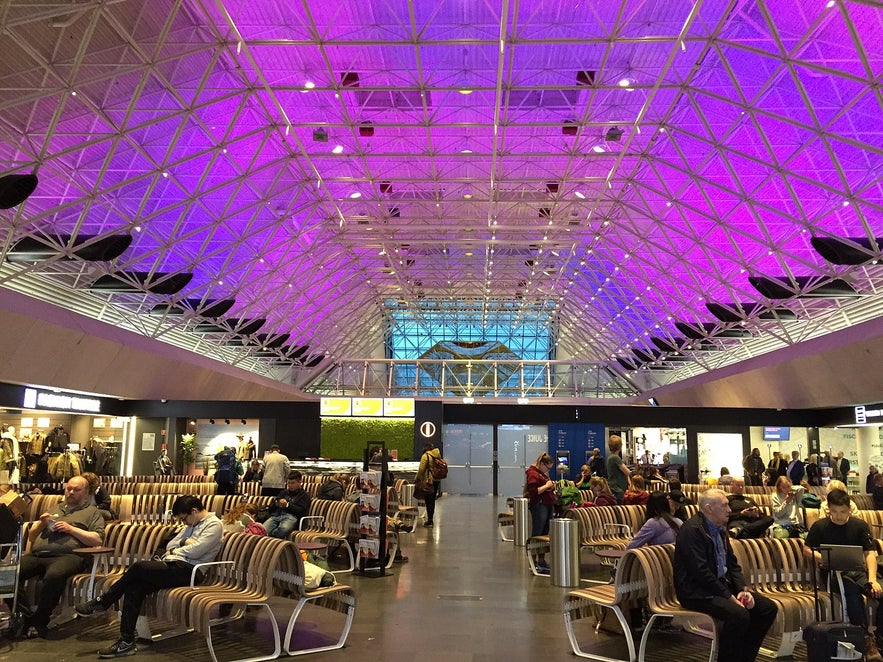 Photo from Wikimedia, Creative Commons, by Antony-22. No edits made.
Photo from Wikimedia, Creative Commons, by Antony-22. No edits made.
Knowing who is moving to Iceland and where they’re settling can help you plan your own relocation more strategically. These statistics reveal where the job market is growing, which communities are most diverse, and the age groups you’re most likely to meet when you arrive.
-
More than 19,000 people moved to Iceland in 2024 — the third highest number ever recorded, according to the latest official Statistics Iceland migration data. The highest number was in 2022, when over 22,000 people moved to the country.
-
Most foreign arrivals came from Poland and Ukraine.
-
The most common age for newcomers was 25, with over 38% of migrants aged between 20 and 29.
-
The Capital Region saw the biggest gains from international migration, while the South Region had the highest growth from internal migration.
Why People Are Moving to Iceland
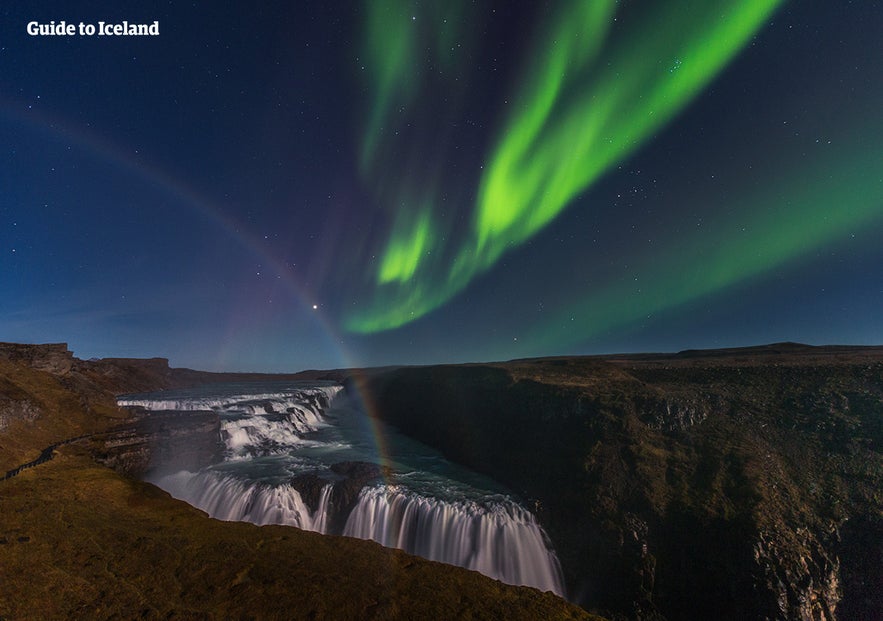
The nature in Iceland shapes daily life and offers a pace and rhythm many find restorative. In addition, Icelanders are friendly, welcoming, and open-minded. English is widely spoken, making it easier for new arrivals to integrate while learning Icelandic.
Reykjavik delivers the culture, services, and opportunities of a modern capital while retaining the warmth and safety of a small community. Outside the capital, smaller towns and rural regions provide quieter lifestyles and close-knit networks.
A stable economy, robust social services, and a national emphasis on sustainability make Iceland appealing for long-term settlement. Combined with its high quality of life and easy access to Europe’s travel network, these factors continue to draw people from across the globe.
How to Move to Iceland
Relocating to Iceland involves several important steps. This guide will help you understand the process clearly so you know what to expect at each stage of your move.
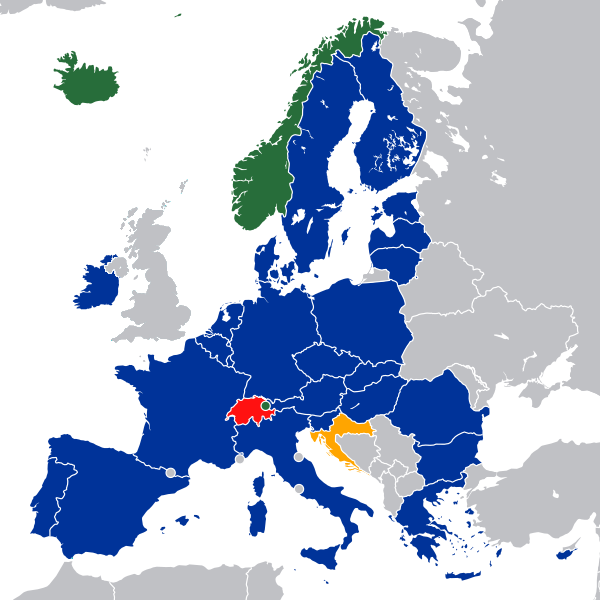
Step 1: Secure Residency Permits and Legal Paperwork
The map above shows countries belonging to the European Union (blue) and the European Economic Area (green). Whether your home country is part of these groups plays a major role in your move to Iceland.
Can EU Citizens Live in Iceland?
If you're a citizen of an EU, EEA, or EFTA (European Free Trade Association) country, moving to Iceland is relatively straightforward. You can enter Iceland without a special permit and stay legally for up to three months while working or looking for work.
This initial stay can be extended to six months for those seeking employment in Iceland.
After three months of working, you must apply for a tax card.
For long-term residency, you'll need to complete the “Registration of an EEA or EFTA foreign national” form. This form serves as an application for your Icelandic ID number (kennitala) and registration of your official residence.
You can directly seek help from EURES (European Job Mobility Portal) or the Multicultural and Information Center if you have trouble providing the necessary documents. You register your official residence with the National Registry and must show you can support yourself financially.
Moving to Iceland from the US, UK, and Other Non-EU Countries
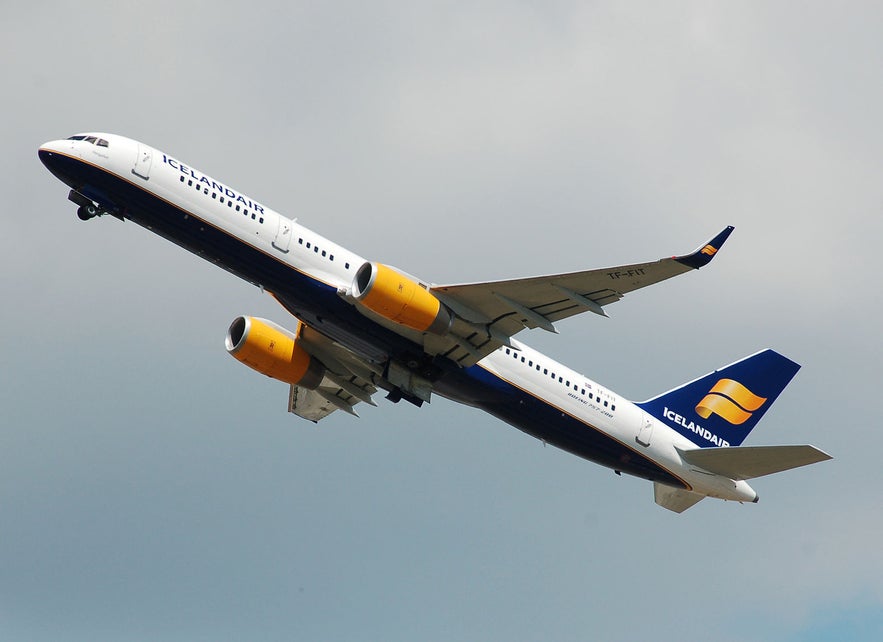 Photo from Wikimedia, Creative Commons, by Adrian Pingstone. No edits made.
Photo from Wikimedia, Creative Commons, by Adrian Pingstone. No edits made.
For non-EEA or EFTA citizens, the process to gain long-term residency in Iceland is more complex but still possible. The three main pathways are:
-
Marriage: Marrying an Icelandic citizen grants the right to live in Iceland.
-
Student Visa: Enrolling in an Icelandic university is a popular option among younger applicants. It offers study opportunities and a chance to build a network locally. Just make sure your educational goals align with genuine interest, so don’t enroll purely to relocate!
-
Work Permit: Securing a job offer and a work permit is another route, though it involves navigating bureaucratic hurdles and Icelandic immigration laws that prioritize locals and EEA citizens over others (Article 12 of the Act on Foreigners). Below are the three main categories of work permits available:
-
Qualified Professionals: Applicants are expected to have vocational training at university-level or a technical standard approved by Icelandic bodies. The work must be relevant to a permanent field lacking in Icelandic labor, and the applicant must prove that their skills surpass local or EEA candidates.
-
Athletes: Coaches and athletes affiliated with Iceland’s National Olympic and Sports Association can qualify for permits.
-
Temporary Labor Shortages: Permits are available for workers in temporary shortage fields, but are limited to one renewal and subject to strict conditions. The Directorate of Labor provides a list of temporary work agencies.
-
The Directorate of Immigration handles all applications for residence cards and residence permits in Iceland and any ID requests. Note that you can only apply for work permits before traveling to Iceland. When both the work and residency permits have been approved, you are free to enter the country.
Kennitala (Icelandic ID Number)
The kennitala is an Icelandic personal identification number, similar to a social security number. You’ll need it for almost everything in Iceland, from renting housing and opening bank accounts to accessing healthcare and even borrowing library books.

The kennitala is 10 digits long: the first six are your birthdate (DDMMYY), followed by four randomly assigned numbers. Kennitalas are administered by Registers Iceland, the official civil registry of the country.
It’s possible to live in Iceland for up to three months without a kennitala, but you will need one to access certain services. An application for a kennitala can be made either individually or by an employer or relevant organization on behalf of the applicant.
Non-EEA or EFTA citizens cannot apply for a kennitala themselves; they must wait for an employer or organization to submit the application on their behalf. For example, if you need a kennitala for health insurance, the insurance company will apply for you.
It’s important to note that getting a kennitala is not the same as registering your address in Iceland, although the two processes are often done together at Registers Iceland.
Even if you already have a national ID before arriving, you won’t have full rights in the country until you have a residence permit and have officially registered your address.
Step 2: Find Housing and Choose Where to Live
Moving to Iceland requires careful planning to find the right home and region. From bustling Reykjavik to quiet rural areas, each part of the country offers distinct job opportunities, housing costs, and lifestyles.
This section breaks down the country’s main regions, highlighting their pros and cons and offering practical steps to help you secure housing in Iceland and settle in seamlessly.
Capital Region (Reykjavik and Surrounding Areas)
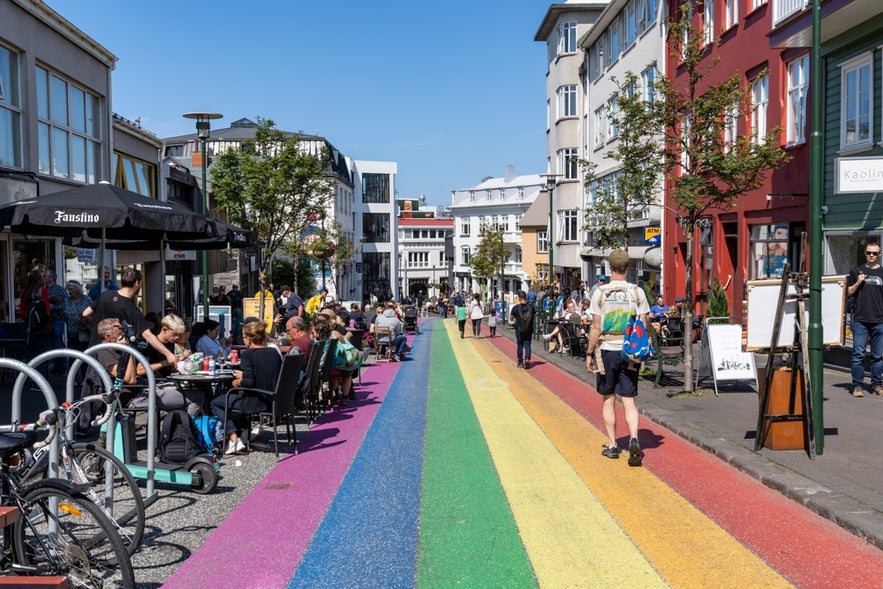 Reykjavik, home to 70% of Iceland’s population, is the country’s economic and cultural hub. It offers diverse job opportunities in tech, finance, healthcare, education, and tourism, making it ideal for professionals in creative industries, IT, or hospitality.
Reykjavik, home to 70% of Iceland’s population, is the country’s economic and cultural hub. It offers diverse job opportunities in tech, finance, healthcare, education, and tourism, making it ideal for professionals in creative industries, IT, or hospitality.
Life in the capital means enjoying a vibrant cultural scene, strong public services, and reliable transport links. However, the rental market is highly competitive, and prices are the highest in the country. One-bedroom apartments typically cost between 200,000–250,000 ISK (1,500–1,900 USD) per month.
Here are the average monthly rents in popular neighborhoods in Reykjavik:
-
Midbaer – Downtown 101: Central area with restaurants, bars, and shops. Expect the highest rents here, averaging about 210,000 ISK (1,600 USD) per month for a 900-square-foot flat.
-
Vesturbaer (West Town): Quieter area with good bus connections to downtown. Rent averages 190,000 ISK (1,450 USD) per month for a 900-square-foot flat.
-
Austurbaer/Hlidar: East of downtown, family-friendly, with easy access to amenities. Rental prices are similar to Vesturbaer, at around 190,000 ISK (1,450 USD) per month.
-
Laugardalur: Northeast of downtown, offering sports facilities, swimming pools, businesses, and Reykjavik’s main campsite. Two- to three-bedroom flats rent for roughly 160,000–190,000 ISK (1,250–1,450 USD) per month.
Southwest Region (Reykjanes Peninsula)
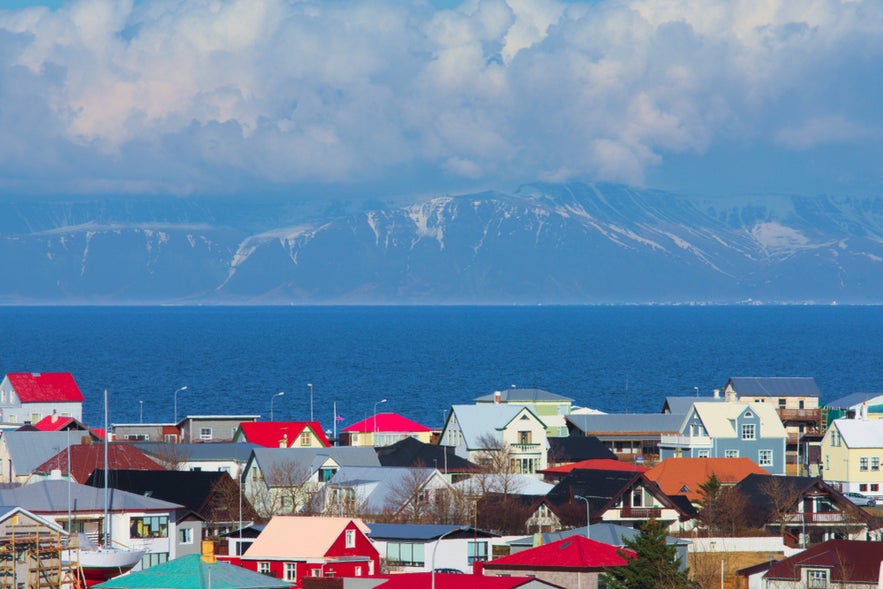 The Reykjanes Peninsula, in the Southwest of Iceland and close to Keflavik International Airport, supports jobs in logistics, manufacturing, and tourism.
The Reykjanes Peninsula, in the Southwest of Iceland and close to Keflavik International Airport, supports jobs in logistics, manufacturing, and tourism.
You’ll find larger apartments or houses at lower prices than in the capital. A one-bedroom rental typically ranges from 150,000–180,000 ISK (1,200–1,500 USD) per month.
While the region lacks the cultural depth of Reykjavik and has more limited public transport, it balances this with a growing job market and lower housing costs.
South Region
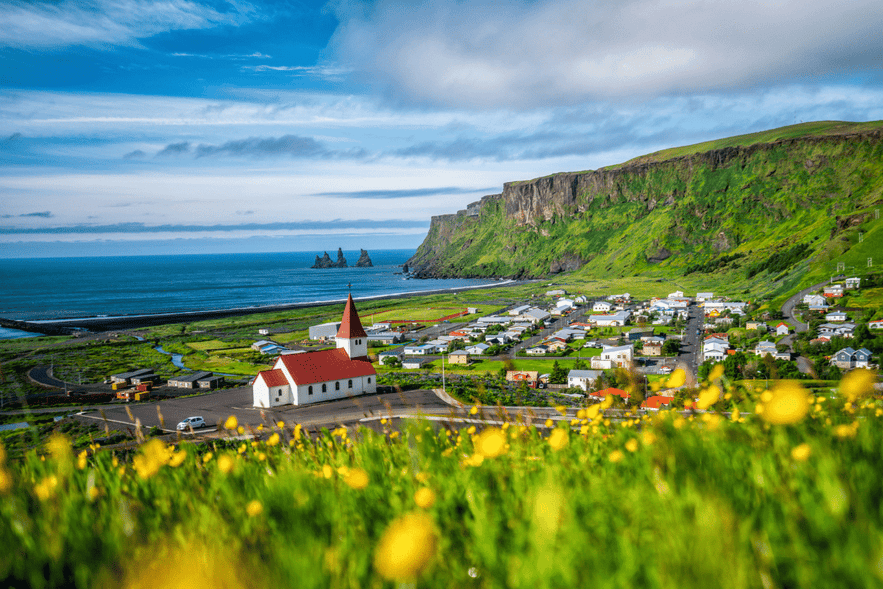
Housing is relatively inexpensive, with one-bedroom rentals ranging from 120,000–160,000 ISK (1,000–1,300 USD). The cost of living is lower, and the scenery is unmatched. However, some towns can feel remote, and year-round job opportunities are more limited.
Northeast Region (Akureyri)
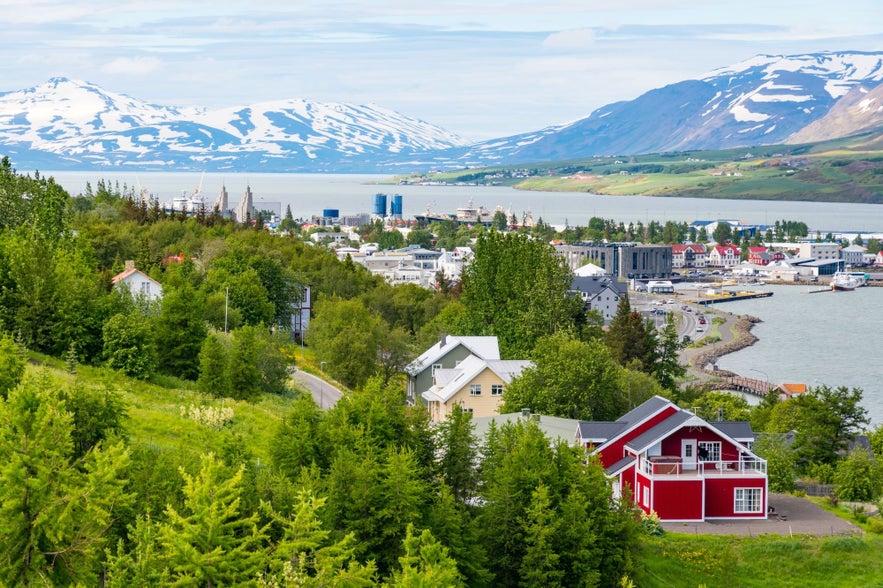 Akureyri, Iceland’s second-largest urban area, combines small-town charm with urban amenities. It’s a hub for education, healthcare, and tourism, with emerging opportunities in fisheries and tech startups.
Akureyri, Iceland’s second-largest urban area, combines small-town charm with urban amenities. It’s a hub for education, healthcare, and tourism, with emerging opportunities in fisheries and tech startups.
The housing market here is less competitive than in Reykjavik, and one-bedroom rentals typically cost 130,000–170,000 ISK (1,100–1,400 USD) per month. Winters are colder than in the south, but the strong sense of community and lower costs make Akureyri appealing to many newcomers.
Westfjords and Northwest Regions
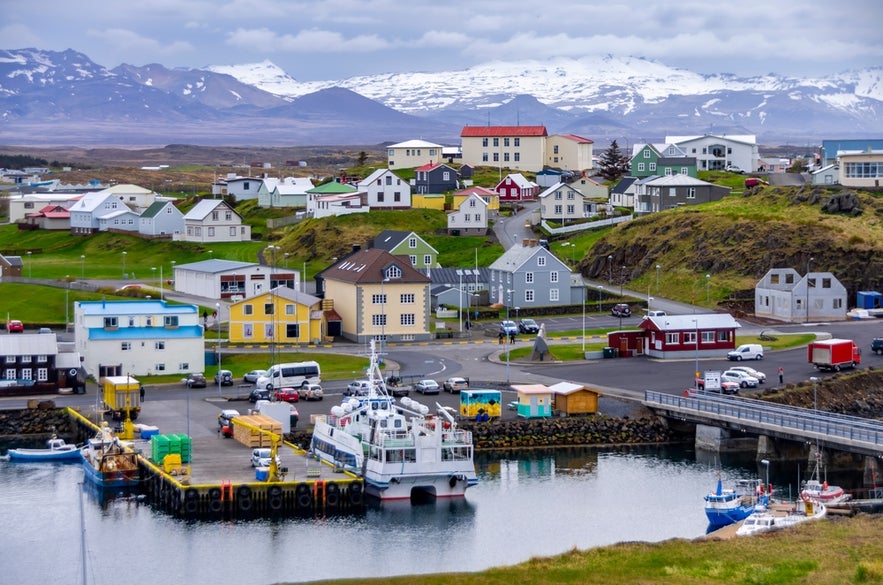 The Westfjords and northwest regions are ideal for those seeking a peaceful lifestyle. Jobs are limited to fisheries, small-scale tourism, and crafts, making these areas suitable for remote workers.
The Westfjords and northwest regions are ideal for those seeking a peaceful lifestyle. Jobs are limited to fisheries, small-scale tourism, and crafts, making these areas suitable for remote workers.
Housing is the cheapest in Iceland, with some rentals as low as 100,000 ISK (800 USD) per month. While amenities and services are limited, the low cost of living and serene fjord views are major draws.
Tips for Finding Housing in Iceland
Iceland’s rental market, especially in Reykjavik, is tight due to high demand and short-term rentals like Airbnb. Many landlords have turned to these platforms to increase profits, which has reduced the availability of long-term rental properties.
This trend has sometimes led to tenant evictions and created challenges for those seeking stable housing. Because of this, securing a signed and legally binding rental contract is crucial for anyone looking to rent long-term in Iceland. Having a proper lease agreement protects your rights as a tenant.
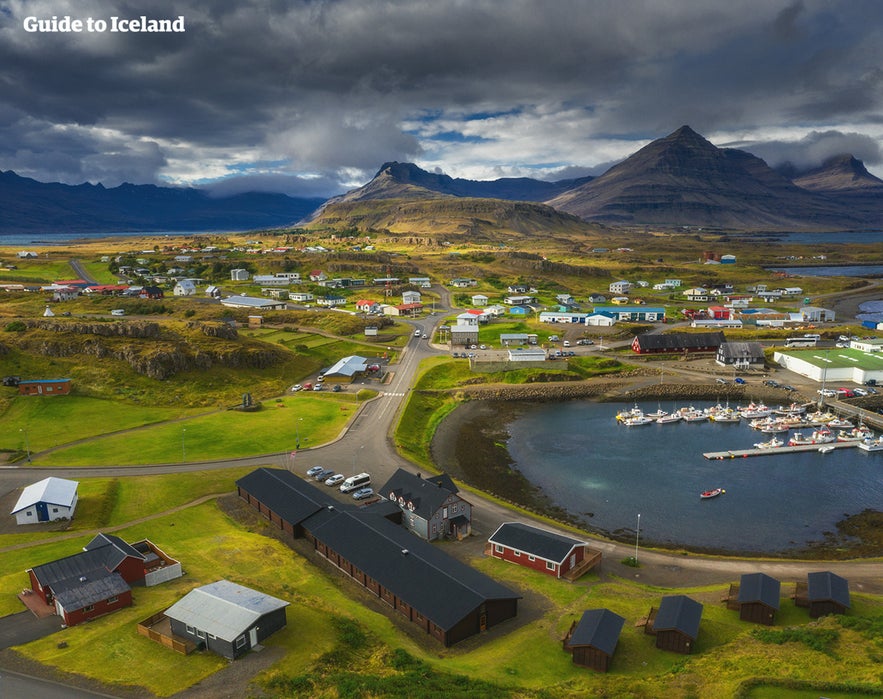 Follow these strategies to improve your chances of finding a rental home in Iceland:
Follow these strategies to improve your chances of finding a rental home in Iceland:
-
Check multiple platforms such as Fasteignir, MBL.is, Leiguland, Igloo, and Ivera for listings across different regions.
-
Start searching 3–6 months in advance to have more options and better negotiating power.
-
Work with real estate agents for guidance, especially in Reykjavik’s competitive market.
-
Join expat groups and forums to hear about rentals early and connect with landlords.
-
Visit towns directly to explore neighborhoods, contact local councils in rural areas, and network with employers or tourism agencies for leads on housing tied to jobs.
-
If moving to rural areas such as the Westfjords, confirm that high-speed internet is available for remote work.
-
Research salaries to ensure affordability, as wages align with living costs.
Though rental costs appear to be quite high at first glance, utility costs in Iceland are relatively low thanks to geothermal energy powering electricity, heating, and water. This makes the overall monthly expenses more manageable and provides another reason to move to Iceland.
Visiting Reykjavik Before You Settle
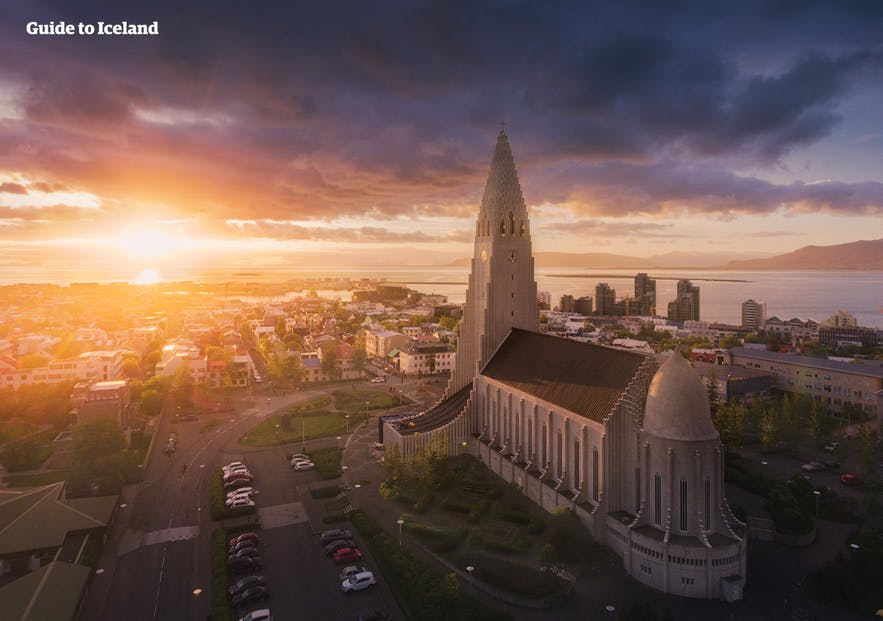 Before committing to a move, consider visiting Reykjavik to get a feel for its neighborhoods, amenities, and lifestyle. Walking tours in Reykjavik offer a great way to explore the city while soaking up its history and culture:
Before committing to a move, consider visiting Reykjavik to get a feel for its neighborhoods, amenities, and lifestyle. Walking tours in Reykjavik offer a great way to explore the city while soaking up its history and culture:
-
Reykjavik Food Walk Tour — While exploring Reykjavik with an experienced guide, you'll have a chance to enjoy samples of local food.
-
Viking Walking Tour of Reykjavik — Walk through the streets of Reykjavik and learn about its past and Iceland's Viking's history on this memorable tour.
-
Private City Walk of Reykjavik with Expert Local Guide and Optional Icelandic Delicacies — During this private walking tour, you'll discover Reykjavik's iconic landmarks and sites and have a taste of local culture.
Step 3: Explore Job Opportunities
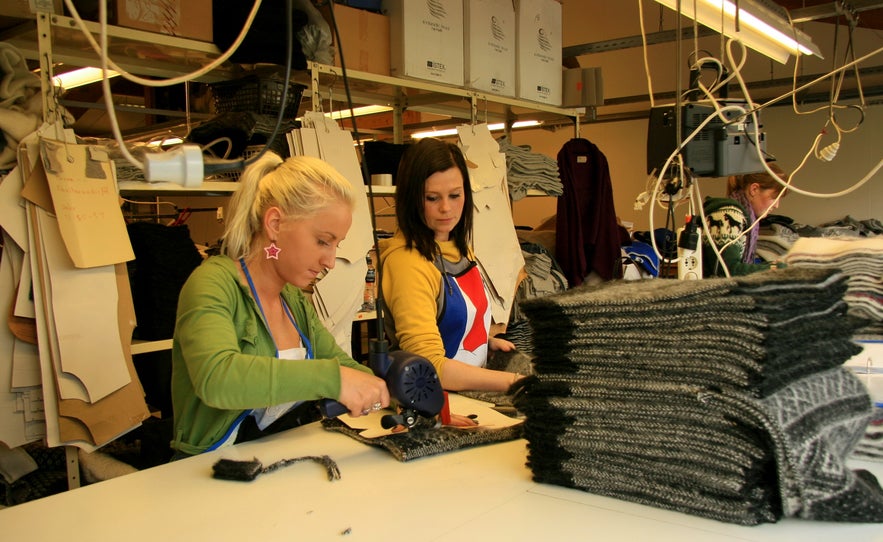 Iceland has a 99% employment rate, a statistic the country takes pride in. Thanks to its small population, thriving economy, and a highly educated workforce, the Icelandic job market has expanded well beyond its traditional fishing and farming roots.
Iceland has a 99% employment rate, a statistic the country takes pride in. Thanks to its small population, thriving economy, and a highly educated workforce, the Icelandic job market has expanded well beyond its traditional fishing and farming roots.
Today, careers span finance, tourism, culinary arts, science, education, construction, tech, and the creative industries. EU citizens often find the process smoother, thanks to fewer work permit restrictions.
Finding work in Iceland as a foreigner always comes with challenges, especially if you’re not fluent in Icelandic. That's not to say it can't be done, however. Many who move here will realize that Iceland is an open society actively welcoming both locals and foreigners into the workforce.
Here are useful websites for job hunting in Iceland:
Job Hunting Tips for Iceland
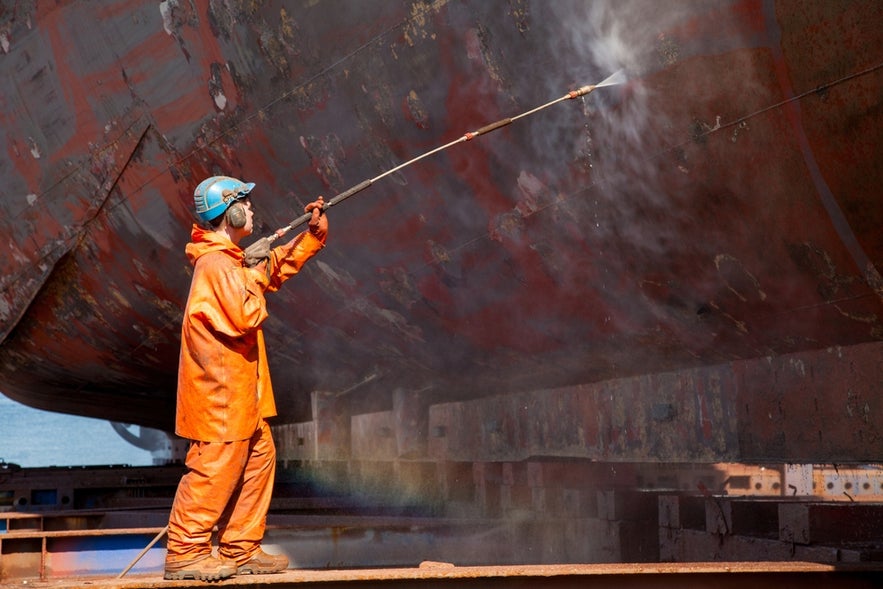
Here are some practical tips to help you stand out and secure a job in Iceland.
-
Establish a network: In Iceland, who you know can be just as important as what you know. Building genuine connections often opens doors that online applications alone cannot.
-
Reach out to English-speaking companies: This shows initiative and helps you build relationships with potential employers or their networks, even if no current vacancies exist.
-
Continuously develop your skills: Whether through self-study, related courses, job shadowing, coaching, or structured action plans, showing a commitment to growth will make you stand out to employers.
-
Volunteer: Volunteering is an excellent way to gain experience, meet new people, and contribute to society. While unpaid, it demonstrates dedication and skills that employers appreciate.
Living and Working in Iceland as a Foreigner
Many who have moved to Iceland have had no regrets about the decision. Those who commit to this change will find life in Iceland open, accepting, and varied. It plays out at a gentler pace than other countries, which leaves more room for reflection, observance, and self-development.
A lot of people find the island's small population, around 340,000 people, a surprising bonus. Iceland's fairly diminutive size acts as a foundation for community living, naturally enforcing fairness and acceptance with those around you.
Of course, living in Iceland isn’t without its challenges. Some may struggle with the fish-heavy diet, limited brand choices, or the long, cold, and dark winters.
For the most part, however, the good heavily outweighs the bad. Day by day, Iceland will feel more like home.
Step 4: Learn Icelandic and Embrace Local Culture
Icelandic can feel intimidating at first, but it’s deeply tied to the country’s identity. Learning it is one of the most rewarding ways to connect with locals. Icelanders themselves will be grateful for the effort.
A Brief History of Icelandic
Icelandic belongs to the Nordic branch of the Germanic language family, distinct from its Scandinavian cousins (Danish, Norwegian, or Swedish). It closely resembles Old Norse, with a Celtic influence.
The language is spoken quickly, with stress placed on the first syllable of each word, a unique rare worldwide. As with every language, Icelandic has seen many changes throughout history.
Icelandic has adopted loanwords from French, Latin, Danish, and Norwegian, particularly during Christianization when new religious terms were introduced. Even so, written Icelandic has changed so little that many locals can still read 11th-century sagas.
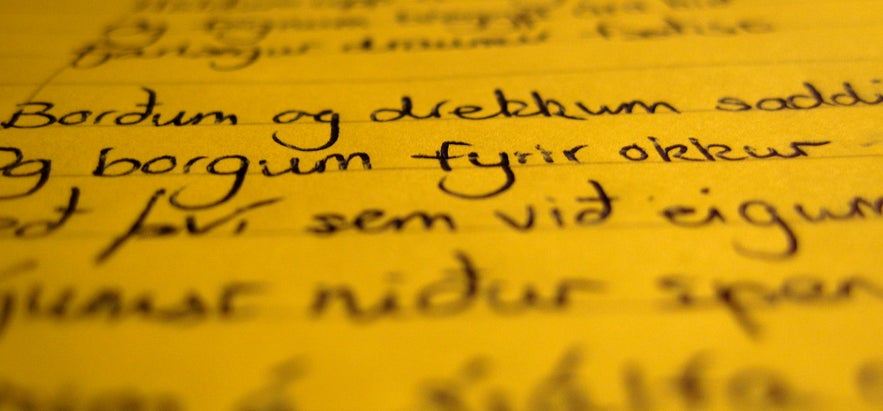 Photo from Wikimedia, Creative Commons, by Max Naylor. No edits made.
Photo from Wikimedia, Creative Commons, by Max Naylor. No edits made.
The language retains two Old Norse letters no longer used in English: þ (thorn, pronounced like the “th” in thing) and ð (eth, pronounced like the “th” in this). These characters, along with complex pronunciation, can be tricky for newcomers. There are, however, many classes that teach Icelandic, often for free.
Do You Need to Speak Icelandic to Live Here?
English is widely spoken, and most Icelanders are fluent, having learned it at school. But relying solely on English limits deeper cultural connection, and learning Icelandic is seen as a sign of respect for the country’s traditions.
Tips for Learning Icelandic as a Newcomer
Many newcomers find Icelandic challenging at first because of its unique sounds, grammar rules, and letters unfamiliar to English speakers. The good news is that with regular practice and exposure, it becomes much easier over time.
Understanding the Icelandic alphabet and language basics early can make a big difference. Here are some ways to get started:
-
Join free or low-cost classes: Many municipalities offer language courses for immigrants. Reykjavik City Library and Mímir Lifelong Learning are good starting points.
-
Use apps and online tools: Try “Íslenska fyrir alla” (Icelandic for Everyone), Drops, or Memrise for daily practice.
-
Practice with locals: Even simple greetings like “Góðan daginn” (Good day) or “Takk fyrir” (Thank you) go a long way.
-
Read and listen in Icelandic: Start with children’s books, local news, or Icelandic music to get used to the sounds and rhythm.
Every word you learn opens another door in Iceland. It might be sharing a laugh over coffee, catching the meaning of a local joke, or feeling the Icelandic sagas come alive in their original form.
Living in Iceland as an Immigrant: What To Know and Expect
Life in Iceland has its own pace, customs, and community rhythms. For immigrants, understanding local culture, building connections, and navigating daily routines are key to feeling at home.
This section explores what daily life looks like, from social norms and seasonal changes to leisure activities and community engagement. Knowing what to expect will help you adapt smoothly, connect with locals, and embrace the Icelandic way of life.
Getting Around in Iceland
Iceland’s wide-open terrain, with mountains, lava fields, and gravel roads, demands careful planning for travel. While the country does not have train systems, there are many ways to get around Iceland, from domestic flights and ferries to taxis and ridesharing services.
Domestic flights connect towns like Akureyri, Egilsstadir, and Isafjordur year-round, making long drives optional. Some destinations, like Vestmannaeyjar, have seasonal flights, so it’s worth checking schedules in advance.
If you’re settling in Reykjavik, you can conveniently explore both popular attractions and quieter neighborhoods without a car. Reykjavik’s city buses are clean, reliable, and easy to use. For real-time schedules, the Klappid bus app is a helpful resource for bus travel in the capital.
Outside the capital, public transport options are more limited. If you live in rural areas or want to explore the countryside, having a car becomes essential.
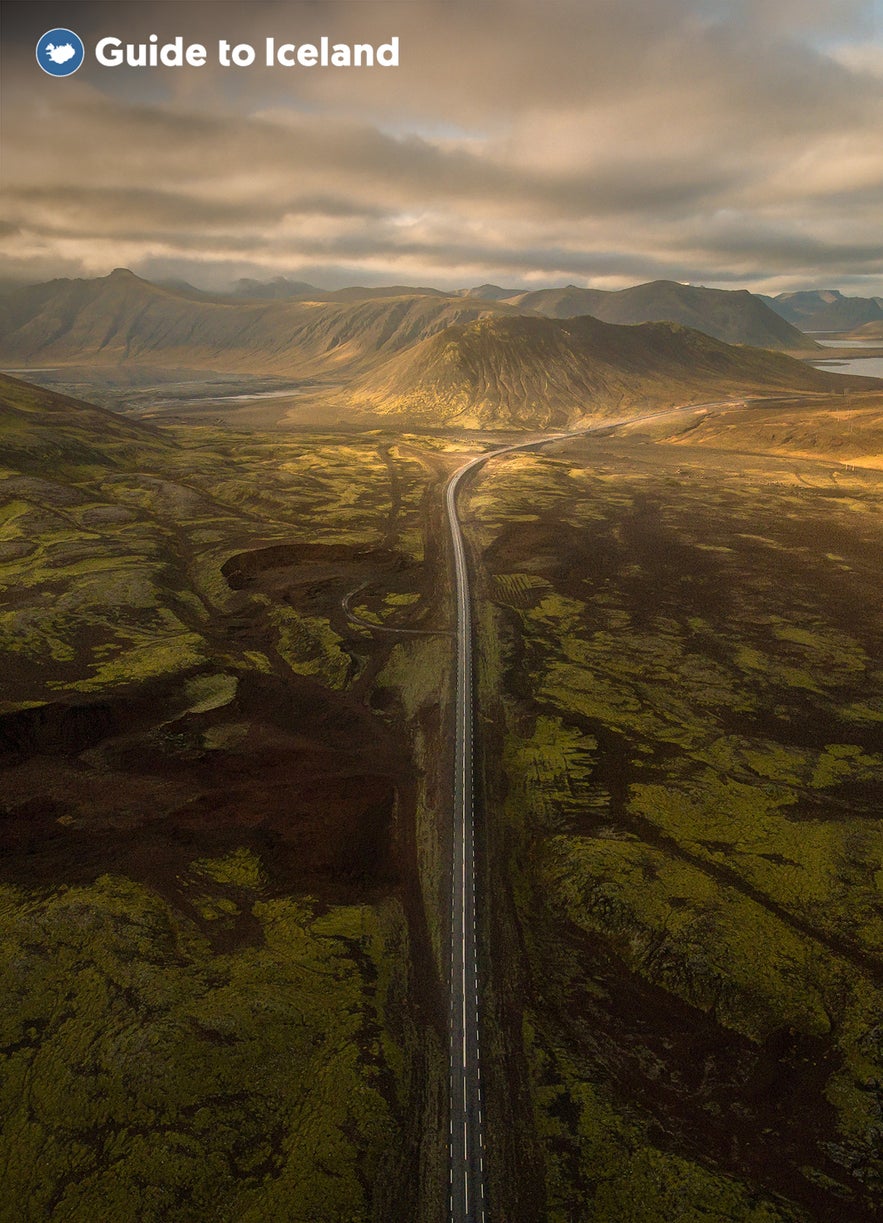
Driving in Iceland can feel very different from home, especially on icy winter roads. A four-wheel-drive vehicle makes navigating gravel paths and slippery streets safer and more comfortable.
Taxi services like Hreyfill and options like Hopp are widely available. Meanwhile, ferries provide access to islands such as the Westman Islands and remote coastal communities.
Nature in Iceland
Iceland’s stunning landscapes are a major draw for immigration. They also shape daily life in ways newcomers often don’t expect. For anyone starting fresh here, understanding the country’s nature is key to feeling at home.
This section explores Iceland’s regions and geography to help you choose the right place to settle. You’ll learn how the climate affects daily routines, why geothermal energy is part of everyday living, and the outdoor activities that define Icelandic life.
Iceland’s Regions and Geography
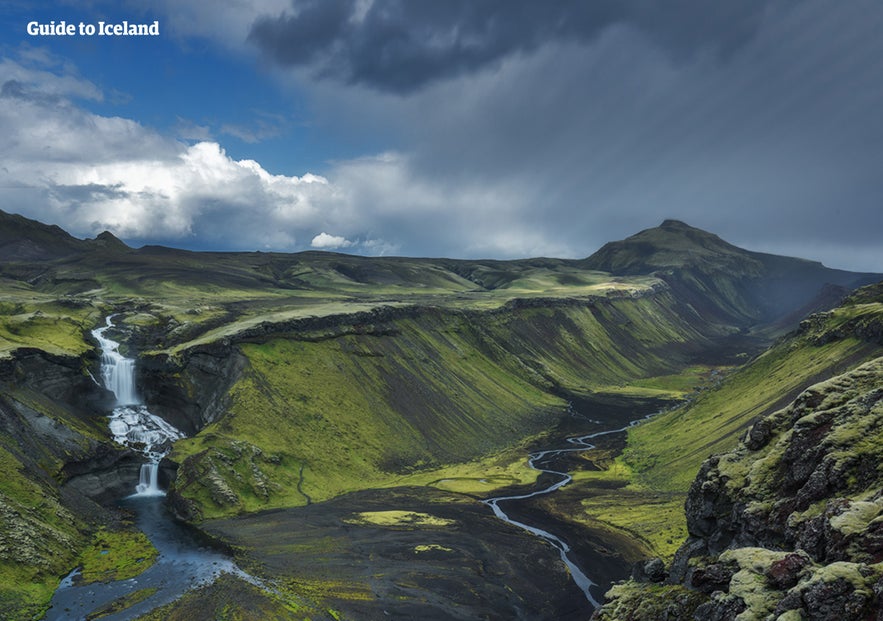
The south is famous for its waterfalls, glaciers, and coastal black sand beaches. The Highlands feature vast volcanic deserts and rugged trails, best explored in summer. The Westfjords are home to remote fjords and rich wildlife, while the north boasts geothermal areas and some of the country’s best skiing and winter sports.
Tips for Newcomers
For newcomers, knowing these regional differences helps plan weekend trips, choose the right gear, and pick the best season to visit each area.
-
Plan your trips with regional maps of Iceland, as distances can be longer than they look.
-
Travel safely in winter by using main routes unless you have a 4x4 and winter-driving skills.
-
Save any tours to the Icelandic Highlands for summer when roads are open and conditions are safe.
Weather and Climate: How to Prepare for Iceland’s Seasons
Iceland’s climate is relatively temperate, thanks to the Gulf Stream. However, the weather is highly unpredictable. It’s common to see sunshine, rain, and even snow all on the same day.
Summers have long daylight hours and average around 48°F (8.9°C) in June. Winters are darker and colder, with January temperatures near 31°F (-0.5°C) and frequent snow and icy roads.
In general, Icelanders tend not to recognize autumn or spring, simplifying their seasons to a long, bright summer and a long, dark winter. It’s an approach that makes sense, given the sharp contrast between the dark, stormy winters and the endless daylight of summer.
Tips for Newcomers
Iceland’s seasonal extremes affect far more than just travel plans. Clothing choices, daily routines, and even sleep patterns adapt to the light and weather.
-
Layering is essential year-round, as are waterproof jackets and sturdy footwear. These are the basics of what to wear in Iceland for comfort and safety in any season.
-
In summer, many people use blackout curtains to help with sleep during the midnight sun.
-
Taking vitamin D supplements in winter helps offset the effects of low daylight.
-
Check the forecast each day using trusted sites like Vedur.is, especially if you’re driving or planning to spend time outdoors.
-
Learn about Iceland in Summer and Iceland in Winter
-
See also: Iceland in Spring and Iceland in Fall
Outdoor Life in Iceland: Connecting with Nature and Community
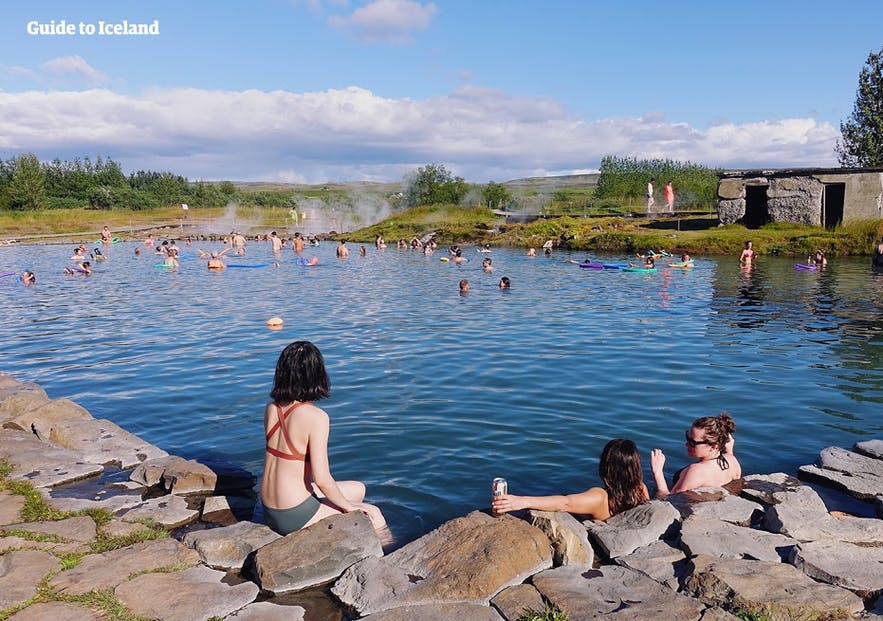 Outdoor activities are central to Icelandic life, offering fitness, social connection, and a boost to mental well-being. For immigrants, joining hikes, camping trips, or even short evening walks can be a great way to meet people and adjust to the climate.
Outdoor activities are central to Icelandic life, offering fitness, social connection, and a boost to mental well-being. For immigrants, joining hikes, camping trips, or even short evening walks can be a great way to meet people and adjust to the climate.
Popular summer activities in Iceland include visiting waterfalls, soaking in natural hot springs, and exploring volcanic areas. Due to the endless daylight, hiking, camping, or fishing late into the night are also possible.
For the best winter experiences in Iceland, consider skiing, snowmobiling, and northern lights viewing.
It’s best to start with beginner-friendly trails or guided tours, which often provide necessary gear and safety instructions. Outdoor clubs and community groups welcome newcomers, and many events are designed to help people explore safely.
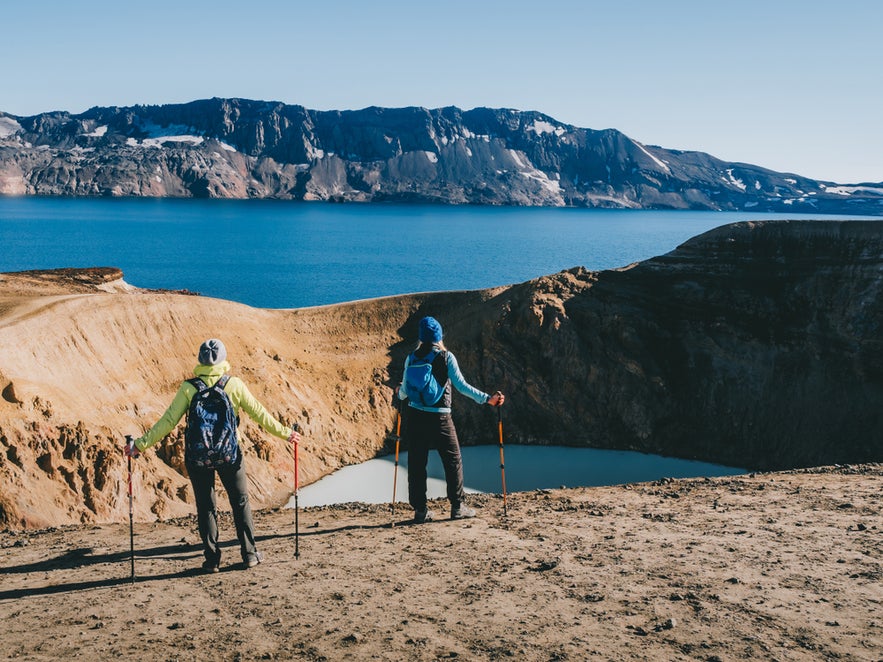 Here are a few of the many guided outdoor adventures you can have for your early Icelandic hiking experiences:
Here are a few of the many guided outdoor adventures you can have for your early Icelandic hiking experiences:
-
Scenic 5-Day Hiking Tour from Landmannalaugar to Thorsmork with Transfer from Reykjavik — Discover the breathtaking allure of Iceland's Thorsmork Valley and Landmannalaugar Area on this unforgettable five-day hiking tour.
-
Guided Afternoon or Evening Hike Tour to the Reykjanes Volcano Area — On this guided tour, you'll hike to see the newly formed lava field from the recent eruption of Sundhnukagigar Volcano.
-
Hiking with Huskies in North Iceland with Optional Transfer from Akureyri — Alongside a husky companion and your guide, you'll explore scenic hiking trails in North Iceland.
Spending time outside also helps with seasonal adjustment. Exposure to daylight in winter can improve mood, while enjoying nature in summer helps you make the most of the long days.
-
Read more: Hiking in Iceland
-
See also: Camping in Iceland
Sustainability and Daily Life: Living with Iceland’s Values
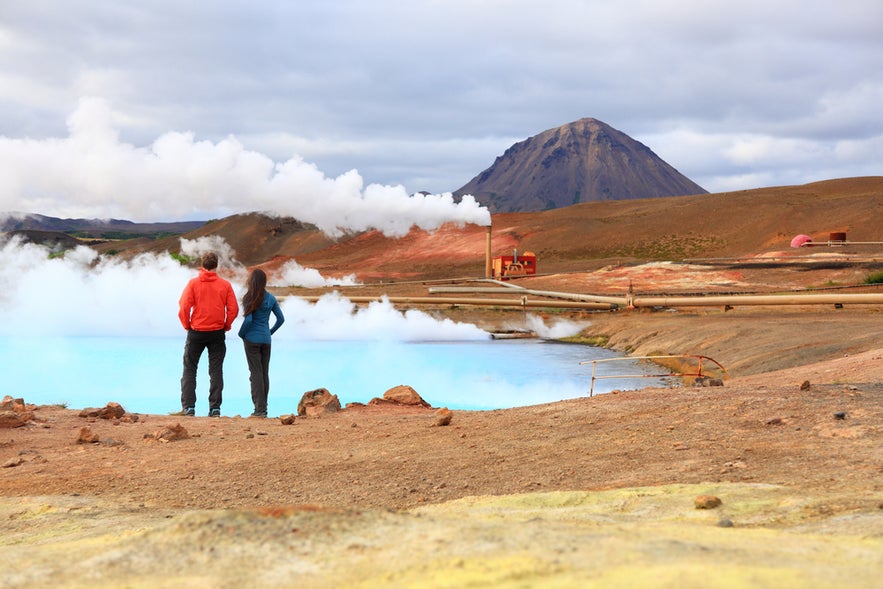 Iceland is also at the forefront of renewable energy, with almost all homes and buildings in the country heated with geothermal power.
Iceland is also at the forefront of renewable energy, with almost all homes and buildings in the country heated with geothermal power.
For newcomers, this means lower heating costs, but also a few practical differences. For example, some hot tap water may have a slight sulfur smell from geothermal sources.
Recycling and resource management are taken seriously, and local municipalities provide detailed instructions on separating waste. Fishing and farming are tightly regulated to protect natural resources, which also shapes the variety and cost of local foods.
Respect for the environment extends to daily habits. Locals are careful not to disturb fragile moss, avoid littering, and follow “leave no trace” principles in nature.
Tips for Newcomers
In Iceland, environmental responsibility is part of everyday life, from geothermal heating to waste sorting. Understanding these norms helps you fit in and contribute to the community.
-
Learn your municipality’s recycling rules.
-
Use hot water wisely and be aware of its natural sulfur scent.
-
Join local clean-up events to meet neighbors and support environmental goals.
-
See also: Electricity in Iceland
-
See also: 30 Things Not to Do in Iceland
Cost of Living in Iceland
Moving to Iceland means adjusting to one of the highest costs of living in the world. This is mainly due to the country’s remote location, high import costs, and limited brand variety. While the prices can be surprising at first, with smart planning and local habits, many newcomers adapt successfully.
Money and Locals’ Payment Habits
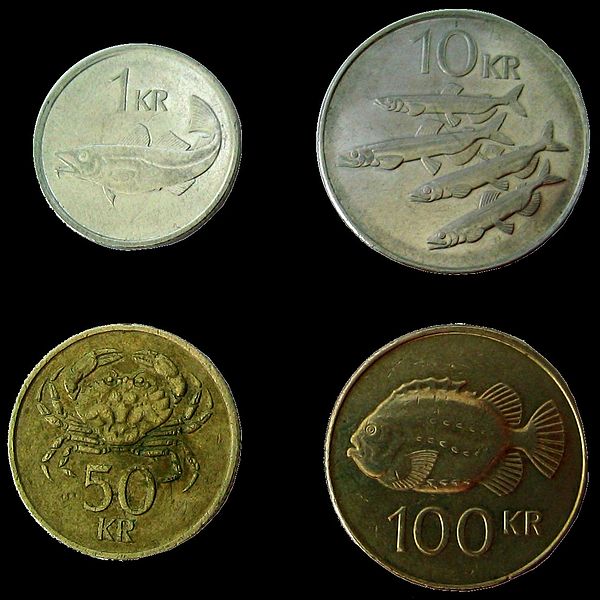
The Icelandic Krona is the national currency of Iceland. Banknotes come in 500, 1000, 5000, and 10,000 ISK. Coins come in 1, 5, 10, 50, and 100. With a little bit of saving, it's easy to become a millionaire in Iceland. It doesn't have the same gravitas as elsewhere, unfortunately.
Like other Nordic countries, Icelanders will usually make all purchases by debit card. Contactless payments and mobile apps are common, and ATMs are widely available in towns and gas stations.
Banking in Iceland
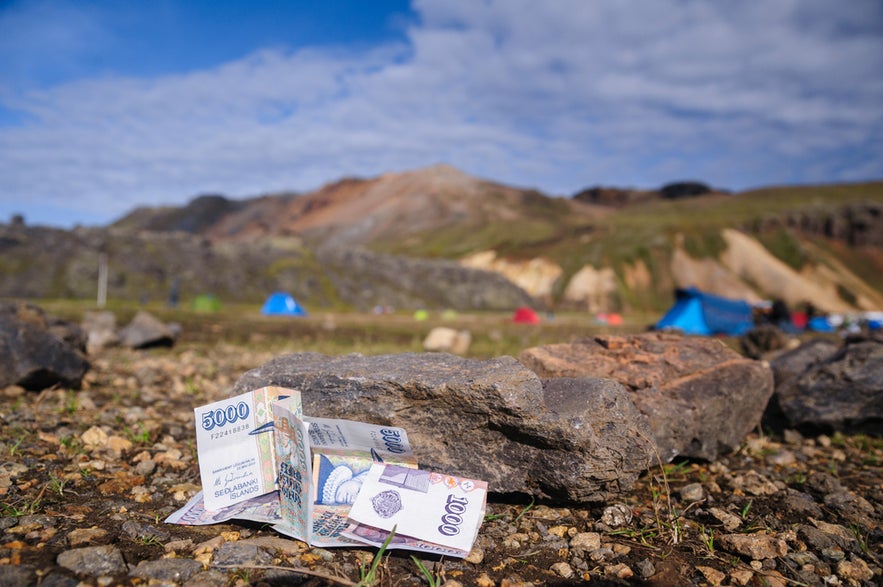 For those making Iceland their new home, setting up a local bank account is one of the first steps toward managing life here. Salaries are typically paid via bank transfer, and many landlords prefer rent to be deposited directly into their accounts.
For those making Iceland their new home, setting up a local bank account is one of the first steps toward managing life here. Salaries are typically paid via bank transfer, and many landlords prefer rent to be deposited directly into their accounts.
The largest banks in Iceland are Landsbankinn, Íslandsbanki, and Arion Banki. Most offer online and mobile banking in English, along with debit cards that work for contactless and international payments.
To open an account, you’ll usually need:
-
A valid passport or ID
-
An Icelandic ID number (kennitala)
-
Proof of address in Iceland
Daily Costs and Budgeting
One of the first things that visitors note about Iceland is how expensive the cost of living is. Unfortunately, this is simply the reality of living on a fairly isolated North Atlantic island.
Grocery prices are steep, particularly for imported goods, and brand selection is also smaller than what you might be used to. Some products may not even be available year-round, and alternatives can be limited.
Iceland’s cost of living is about 55% higher than in the United States, and rent averages 26% more. Overall, it ranks among the most expensive countries in the world.
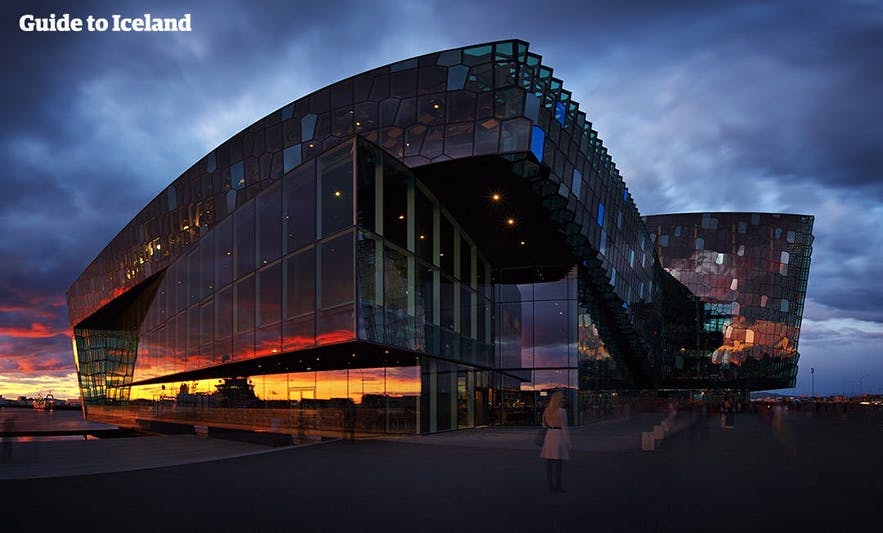 On average, a single person in Reykjavik should budget at least 208,000 ISK (about 1,600 USD) per month for basic living expenses, more for families.
On average, a single person in Reykjavik should budget at least 208,000 ISK (about 1,600 USD) per month for basic living expenses, more for families.
Estimated monthly costs for a single adult in Reykjavik:
-
Rent (1-bedroom apartment): 170,000–250,000 ISK (1,300–1,900 USD)
-
Utilities and internet: 15,000–25,000 ISK (115–190 USD)
-
Groceries: 50,000–80,000 ISK (380–610 USD)
-
Transportation: 12,000–20,000 ISK (90–150 USD)
-
Miscellaneous expenses: 20,000–40,000 ISK (150–300 USD)
While the prices can feel daunting at first, many immigrants adapt by embracing Iceland’s slower pace of consumption and prioritizing quality over quantity.
Tips for Newcomers
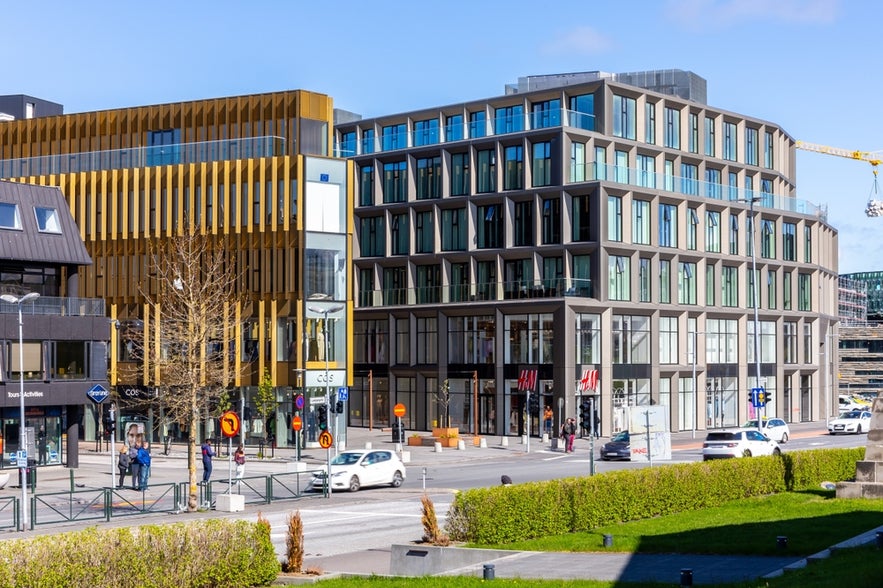 Adjusting to Iceland’s cost of living takes some strategy, especially when you’re new and still learning where to shop and what’s worth bringing from home. These tips can help you stretch your budget while settling in:
Adjusting to Iceland’s cost of living takes some strategy, especially when you’re new and still learning where to shop and what’s worth bringing from home. These tips can help you stretch your budget while settling in:
-
Shop smart: Bónus and Krónan are budget-friendly places to shop for groceries in Iceland. Hagkaup offers more variety but at higher prices.
-
Take advantage of local markets: Seasonal produce and local foods can be cheaper at farmers’ markets than supermarkets.
-
Buy second-hand: Check online marketplaces like Bland.is or visit second-hand shops like Góði Hirðirinn for affordable furniture and clothing.
-
Plan for winter: Expect higher spending on heating and indoor activities during the colder months.
-
Use public transportation wisely: Buses are reliable in Reykjavik, but consider a monthly or yearly pass if commuting often.
-
Bring essentials: Specialty items like certain spices, cosmetics, or electronics can be expensive or hard to find in Iceland.
-
Track spending: Keep a simple budget to monitor high-cost items and adjust habits early. You can use apps like Meninga for an overview of spending.
-
Join community groups or forums: Local Facebook groups or expat networks can provide advice on deals, services, and second-hand items.
-
Read more: How Expensive Is Iceland?
Healthcare in Iceland
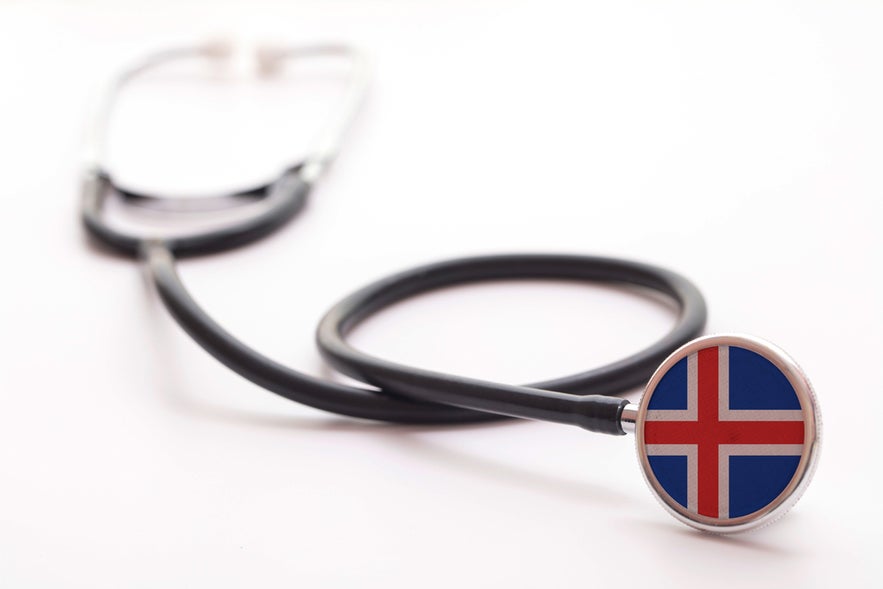 Iceland offers universal healthcare, funded primarily through taxes. This means most residents, including immigrants once registered, have access to affordable medical services. Out-of-pocket costs are limited to small service fees for doctor visits, prescriptions, or tests.
Iceland offers universal healthcare, funded primarily through taxes. This means most residents, including immigrants once registered, have access to affordable medical services. Out-of-pocket costs are limited to small service fees for doctor visits, prescriptions, or tests.
Healthcare is delivered through six regional hospitals and 16 health institutions (these may be clinics or teaching hospitals). There are no private hospitals, and private insurance is uncommon.
It’s worth noting that Iceland has one of the highest life expectancies in the world (83 years), which reflects the overall quality of care.
Healthcare Access for Immigrants
 Photo from Wikimedia, Creative Commons, by Vera de Kok. No edits made.
Photo from Wikimedia, Creative Commons, by Vera de Kok. No edits made.
Newcomers to Iceland usually need to live in the country for six months before qualifying for public health insurance. During this waiting period, it’s essential to have temporary coverage. Options include:
-
Using a European Health Insurance Card (EHIC) if you are an EU/EEA citizen.
-
Extending private coverage from your home country.
-
Purchasing a short-term Icelandic policy.
Once you’re registered, you’ll have the same healthcare access as Icelandic citizens. At that point, you should also register with a local health center (heilsugaesla), where you’ll be assigned a general practitioner (GP). Most clinics and hospitals have English-speaking staff, so communication is rarely a problem for newcomers.
How to Register with a Health Center (Heilsugaesla) in Iceland
Every resident must register with a primary healthcare center (heilsugaesla). This will be your first stop for most medical needs, such as doctor visits, vaccinations, preventive care, and referrals to specialists.
To register:
-
You’ll need your Icelandic ID number (kennitala) and proof of your Icelandic address.
-
Alternatively, register in person at your local health center. You’ll either select a GP or be assigned one if no preference is available.
Once registered, you can book appointments with your GP by phone or through Heilsuvera, the online patient portal. The portal also lets you renew prescriptions and securely message healthcare professionals.
If you need interpretation in your language, you can request it when booking. The health center will usually arrange this in advance of your visit.
Emergency and After-Hours Care
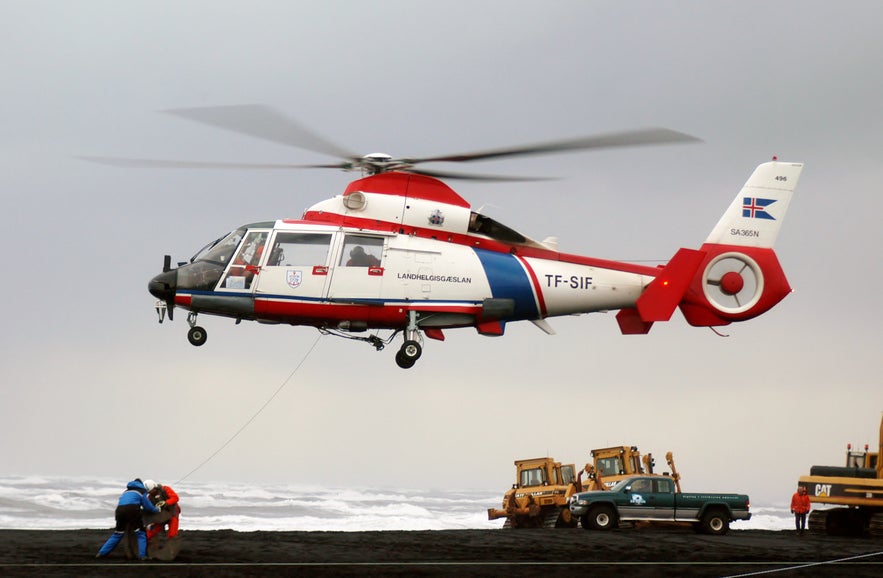
Knowing who to call in an emergency is crucial when settling into a new country. In Iceland, emergency and after-hours healthcare services are well-organized, with English-speaking assistance available.
Here are the main numbers every newcomer should keep handy:
-
Emergency number: Dial 112 for ambulances, urgent medical situations, or life-threatening emergencies.
-
Non-emergency medical help: Call 544-4114 during opening hours in Reykjavik.
-
After-hours advice: Dial 1700 to speak with an English-speaking nurse who can advise, direct you to a night clinic, or arrange a home visit.
-
Dental emergencies: After hours, call 575-0505.
Given the vast stretches of wilderness so prevalent in Iceland, air ambulances are available when needed, with helicopters and aircraft stationed in Akureyri, Reykjavik, and supported by the Icelandic Coast Guard.
-
See also: Health in Iceland
-
Learn about Fitness in Iceland
Education in Iceland
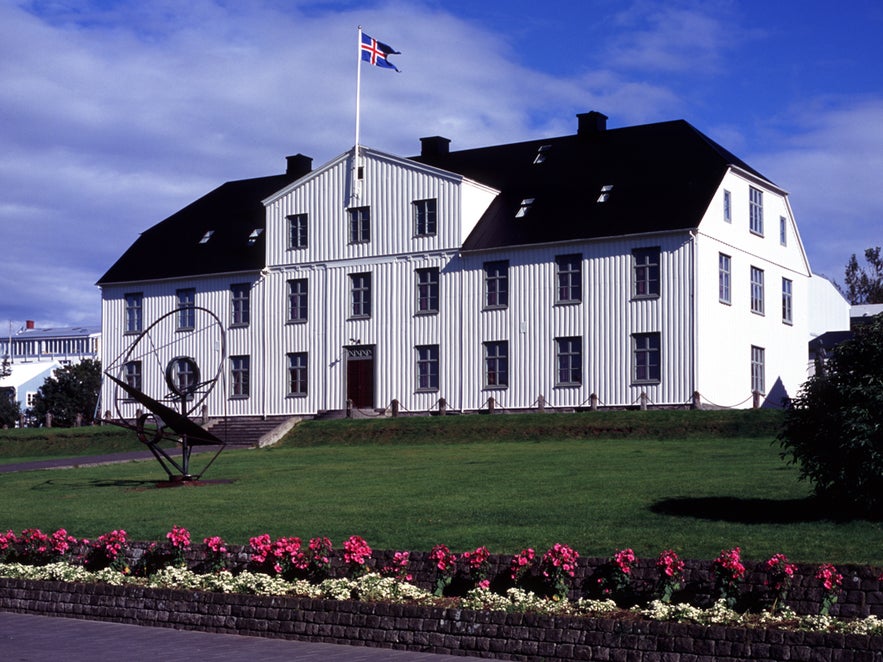 Photo from Wikimedia, Creative Commons, by HerbertG. No edits made.
Photo from Wikimedia, Creative Commons, by HerbertG. No edits made.
Education is a key part of settling in Iceland, especially if you are moving with children or planning your own studies. The system is inclusive and publicly funded, ensuring equal access regardless of background, nationality, or financial status.
School Levels in Iceland
Iceland splits education into four stages:
-
Playschool (Leikskoli, ages 1-6): Early childhood education is not mandatory but widely used. Places can be limited, especially in Reykjavik, so newcomers are encouraged to apply early through their local municipality (sveitarfelag) once they have a legal address. Waiting lists are common.
-
Compulsory School (Grunnskoli, ages 6-16): Mandatory for all children. Enrollment is arranged through the municipality, which assigns a local school. Support is available for students learning Icelandic as a second language.
-
Upper Secondary (Framhaldsskoli or Menntaskoli, ages 16-20): Non-compulsory but widely attended. Students can choose between academic or vocational paths, with some programs offered in English. Applications are made directly to schools.
-
Higher Education (Haskoli): Iceland has seven universities, most of which are state-run and charge only registration fees. Private universities require tuition. Some programs, especially at the master’s level, are offered in English.
Throughout compulsory schooling, pupils study a wide range of subjects, including languages (Danish, English, and other Nordic languages), ethics, mathematics, arts, physical education, geography, history, and social sciences.
Language Support for Newcomers
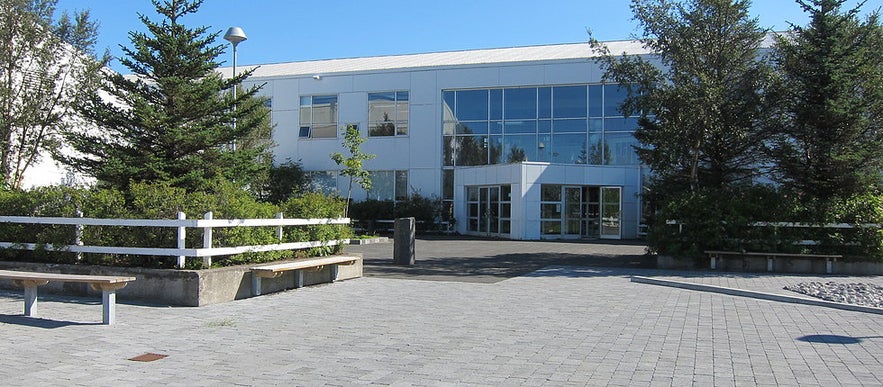 Photo from Wikimedia, Creative Commons, by Andrew.butterworth. No edits made.
Photo from Wikimedia, Creative Commons, by Andrew.butterworth. No edits made.
The main language of instruction is Icelandic, but children of immigrants often receive special support classes to help them learn the language.
Teachers adapt lessons so non-Icelandic speakers can integrate gradually into the classroom. Some municipalities also offer Icelandic-as-a-second-language courses for parents, which can make it easier for families to settle.
English is widely spoken, and most Icelanders learn it from a young age, which makes communication easier during the transition period.
International Schools
For families seeking an English-language curriculum, the International School of Iceland in Greater Reykjavik follows the British system and is often chosen by expatriates. Keep in mind that unlike state schools, international schools charge tuition.
Higher Education for International Students
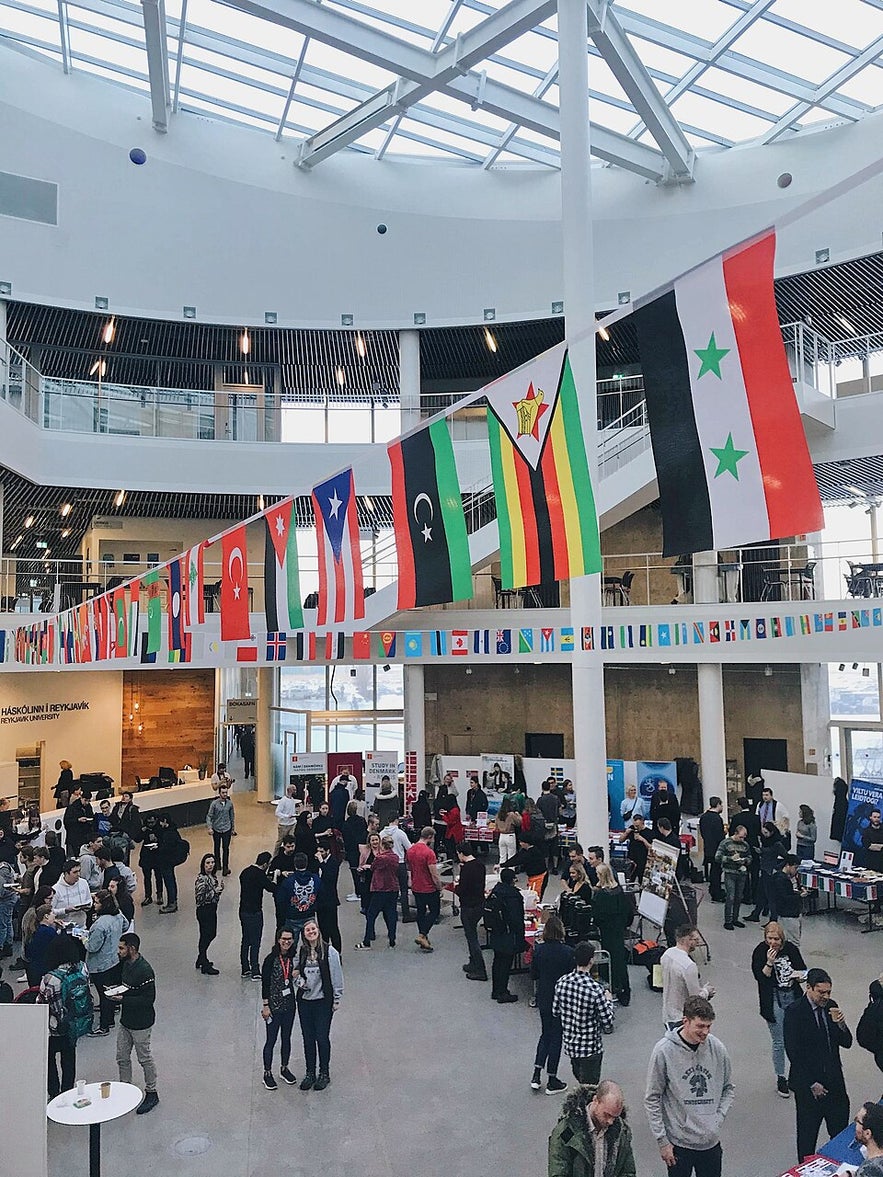 Photo from Wikimedia, Creative Commons, by IcelandEngineer. No edits made.
Photo from Wikimedia, Creative Commons, by IcelandEngineer. No edits made.
Iceland welcomes international students, with the University of Iceland being the largest and most established institution. Applications are usually submitted online directly through each university’s website.
Below is a list of the countries' universities, with links to their websites:
-
University of Iceland – Established in 1911 in Reykjavik. It’s the country’s largest and oldest public university, offering comprehensive programs across all major academic fields.
-
Reykjavik University – Founded in 1998 in the capital. A private university offering a wide range of programs in technology, business, and law.
-
University of Akureyri – Established in 1987 in northern Iceland. A public institution with strengths in health sciences, education, and social sciences. They have a great long-distance study program.
-
Iceland University of the Arts – Also founded in 1998 in Reykjavik. A private institution offering programs in visual arts, design, theatre, music, and dance.
-
Bifrost University – Founded in 1918 in Bifrost, a small settlement in the Borgarfjordur district of West Iceland. A private university focused on business, law, and social sciences.
-
Agricultural University of Iceland – Established in 2005 in Hvanneyri. A public university specializing in agricultural and environmental studies.
-
Holar University – One of the oldest schools in Europe (founded in 1106) and operates in Holar in Hjaltadalur. It is a public institution specializing in aquaculture, equestrian studies, and tourism.
Non-EEA students should be prepared to show proof of a residence permit or visa, along with evidence of English or Icelandic proficiency, depending on the program. Most universities set their deadlines in early spring, typically between January and March, for studies beginning in the autumn.
Since the majority of higher education institutions are state-run, students usually pay only an annual registration fee of about 75,000 ISK per year (approximately 610 USD). Private institutions charge tuition, though costs vary by program.
-
Read more: Studying in Iceland
Crime and Safety in Iceland
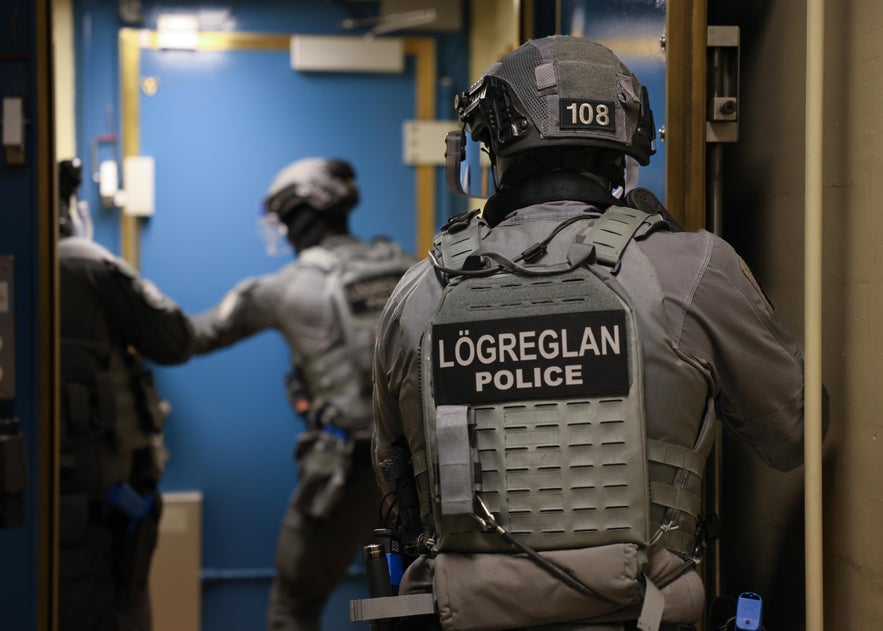
Iceland has an excellent reputation for safety, ranking first among the world’s safest countries in 2025. This makes it a reassuring place for newcomers to settle, whether moving with children, studying, or starting a new job.
Everyday Safety in Iceland
Residents in Iceland generally feel safe walking alone at night, and children can often walk to school independently. In line with Nordic tradition, it is common for babies to be left outside to nap, reflecting the country’s trust and low-crime environment.
Violent crime is extremely rare, and most offenses are non-violent, such as traffic violations, thefts, or alcohol-related incidents. Pickpocketing may occur in crowded tourist areas, but it is not a significant problem. Simple precautions like keeping an eye on belongings in public spaces help ensure safety.
Behaviors Taken Seriously by Law
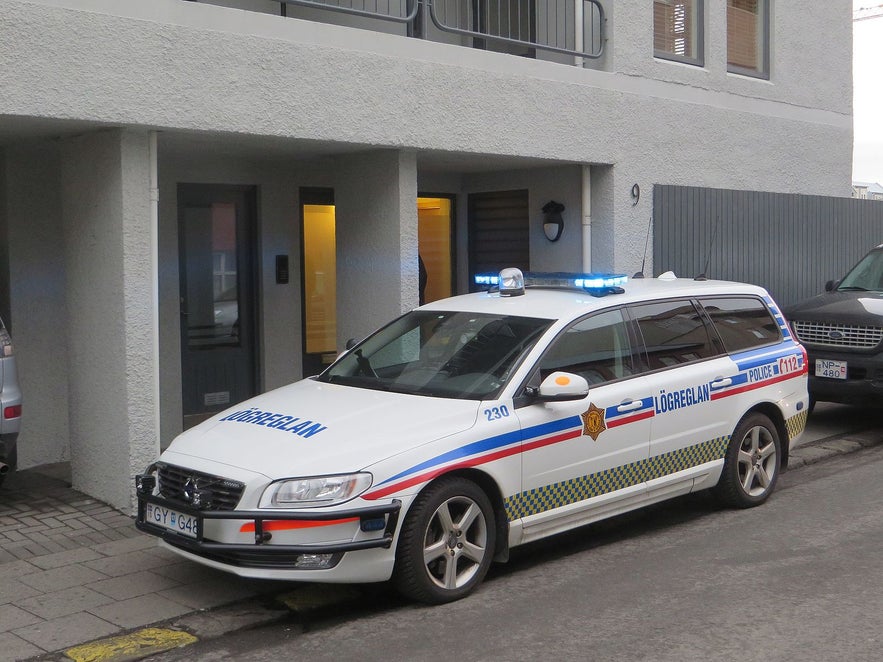 Photo from Wikimedia, Creative Commons, by Dickelners. No edits made.
Photo from Wikimedia, Creative Commons, by Dickelners. No edits made.
While Iceland is very safe, understanding local laws helps newcomers avoid trouble. The following behaviors are taken seriously by authorities:
-
Drug possession or use: Even small amounts can result in fines of up to 30,000 ISK (230 USD) or criminal charges, with more serious offenses carrying higher penalties.
-
Public intoxication: This may lead to police intervention, fines, or temporary detention.
-
Threatening or violent behavior: Assaults are treated seriously, with potential imprisonment depending on severity.
-
Harassment or sexual misconduct: Offenders may face fines, imprisonment, or both.
-
Traffic violations: Speeding, DUI, and other infractions carry fines, license points, or imprisonment for severe cases.
-
Immigration violations: Noncompliance with visa or residence permit rules can result in fines, deportation, or other legal consequences.
Hate Crimes and Anti-Discrimination Laws
Iceland takes offenses based on race, religion, sexual orientation, gender identity, or other protected characteristics very seriously. Discrimination, harassment, and bias-motivated violence are considered illegal and can result in fines or imprisonment.
Under Icelandic law, individuals are protected from discrimination in employment, housing, education, and access to public services. Victims of discrimination have the right to report incidents to the police or seek assistance from government agencies dedicated to equality and human rights.
Victims or witnesses of hate crimes are encouraged to report incidents to the police. Support services, such as counseling and interpreter assistance, are available to ensure that everyone can access help regardless of language or background.
Respecting diversity is a core part of Icelandic law and culture, making it a safe and welcoming place for newcomers.
-
Learn about Gender Equality in Iceland
-
See also: The Ultimate Guide to Gay Iceland
The Icelandic Police and Community Policing
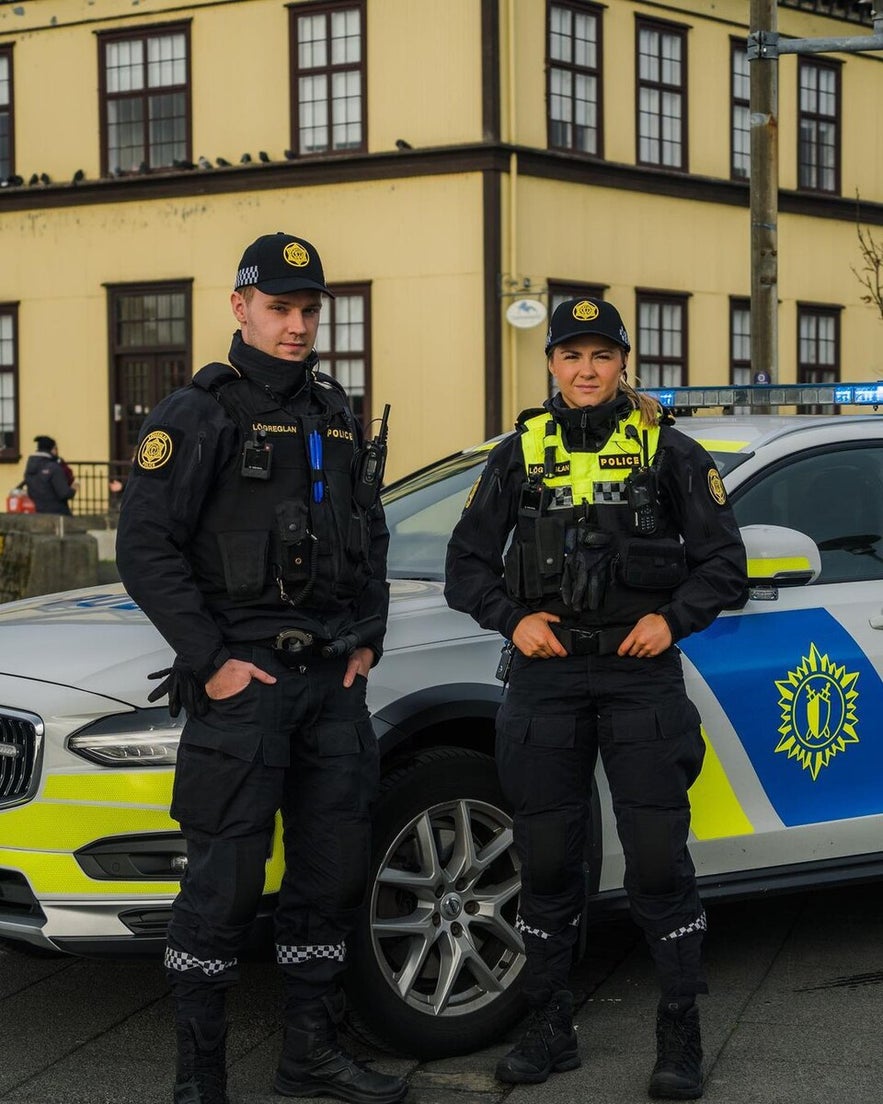 The Icelandic Police (Logreglan) maintain public safety, respond to crime, and support victims. The force is highly trained and approachable, and most officers are unarmed. However, police are authorized to use batons, aerosol weapons, and, since 2023, tasers.
The Icelandic Police (Logreglan) maintain public safety, respond to crime, and support victims. The force is highly trained and approachable, and most officers are unarmed. However, police are authorized to use batons, aerosol weapons, and, since 2023, tasers.
Iceland practices community policing, meaning officers maintain a visible presence, engage with residents, and work closely with neighborhoods to prevent crime. Local police stations are generally open from 8:15 AM to 4 PM.
Iceland has no standing army, and policing is entirely civilian-led.
Religion, Spirituality, and Atheism in Iceland
Iceland is a secular nation known for its rich religious and spiritual diversity. Immigrants will find a welcoming environment that respects all beliefs and provides freedom and support to practice their faith or life stance.
Iceland’s Religious Landscape
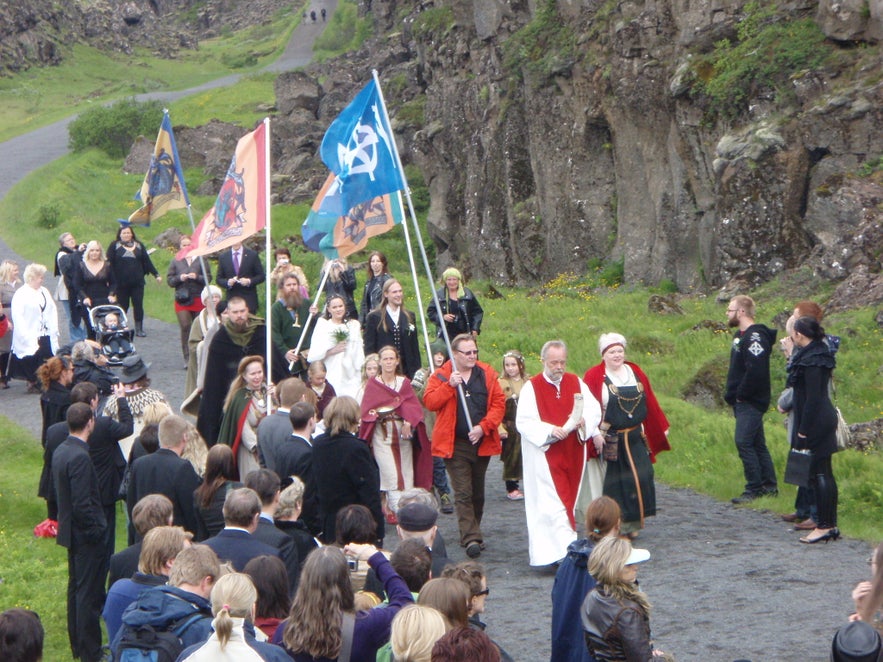
Most Icelanders are affiliated with the Evangelical Lutheran Church of Iceland (with most citizens registered at birth), followed by the Roman Catholic Church. Many people follow other religions, choose not to declare a specific life stance, or identify as non-religious.
Iceland also hosts small but active communities of Muslims, Jews, and modern neo-pagan groups such as Asatruarfelagid (Norse-inspired spirituality), a contemporary pagan belief system.
For those seeking secular alternatives, organizations like the Icelandic Ethical Humanist Association provide social support, community engagement, and resources for newcomers. The organization is registered with the Icelandic government as a life stance group and can accept state funding, much like religious organizations do.
Cultural Norms and Immigrant Integration
Icelanders are tolerant of diverse religious practices, but society is largely secular. Less than 10% of the population attends church monthly, and spiritual practice is typically personal.
For immigrants, this means you can freely practice your religion, celebrate spiritual holidays, or adopt a secular life without restrictions. Icelandic law protects religious freedom and prohibits discrimination based on belief.
Tips for Practicing Religion in Iceland
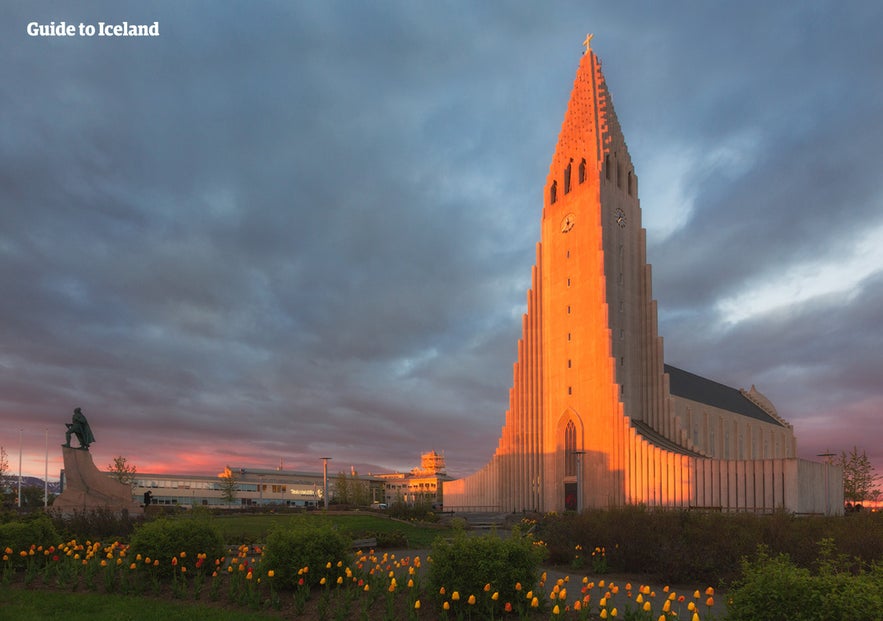
-
Find a community: Join local religious organizations, cultural centers, or life-stance groups for support and social connection.
-
Celebrate freely: Observe religious holidays, attend services, or host gatherings without restriction. Major holidays, like Christmas, Easter, Ramadan, or Yom Kippur, are celebrated primarily within their respective communities.
-
Places of worship: Reykjavik and other cities host mosques, synagogues, churches, and neo-pagan meeting spaces. Joining these communities is a great way to meet locals and other immigrants.
-
Respect local norms: Public religious expression is allowed, but most Icelanders practice spirituality privately. Be mindful of cultural context.
-
Interfaith activities: Cultural festivals, workshops, and community events offer opportunities to meet locals and people from other faiths or life stances.
-
Explore Icelandic heritage: Learning about local folklore, Norse mythology, and historical traditions is a fun way to connect with Icelandic culture while practicing your faith.
Learn More About Icelandic Folklore and History
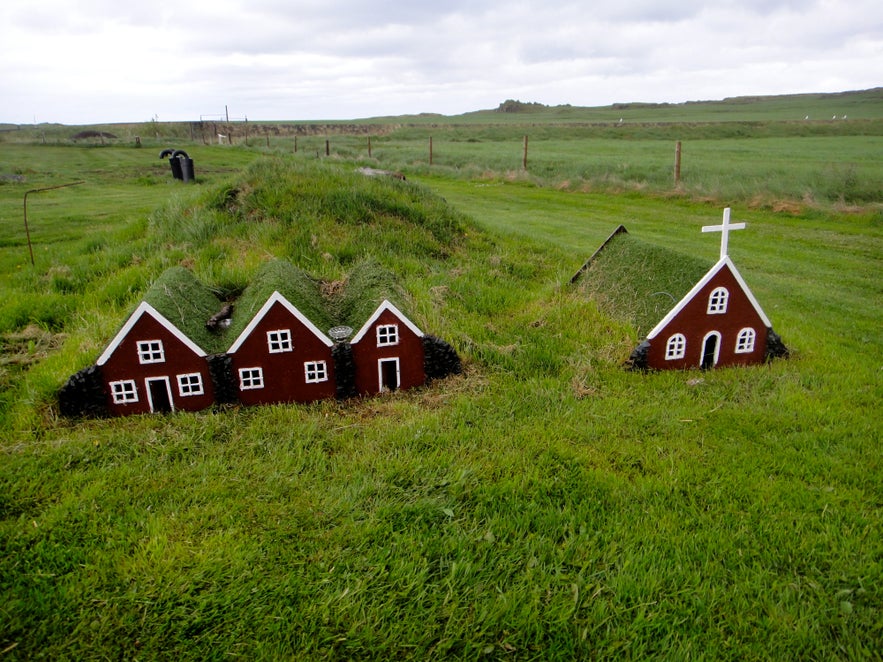 Interested in discovering the folklore and mythology of Iceland? Consider going on these memorable and exciting tours.
Interested in discovering the folklore and mythology of Iceland? Consider going on these memorable and exciting tours.
-
Folklore Walking Tour of Reykjavik with Tales of Trolls, Elves & Hidden People — While walking through the historic streets of Reykjavik, you'll learn about the elves, trolls, and hidden people of Iceland.
-
Horseback Riding Tour with Elves & Folklore Starting from Reykjavik — Discover the unique folklore of Iceland on horseback during this magical riding tour.
-
Entrance Ticket to Viking World Museum on the Reykjanes Peninsula — If you're interested in learning more about the Vikings who settled Iceland, make sure to check out the Viking World Museum.
Icelandic National Holidays
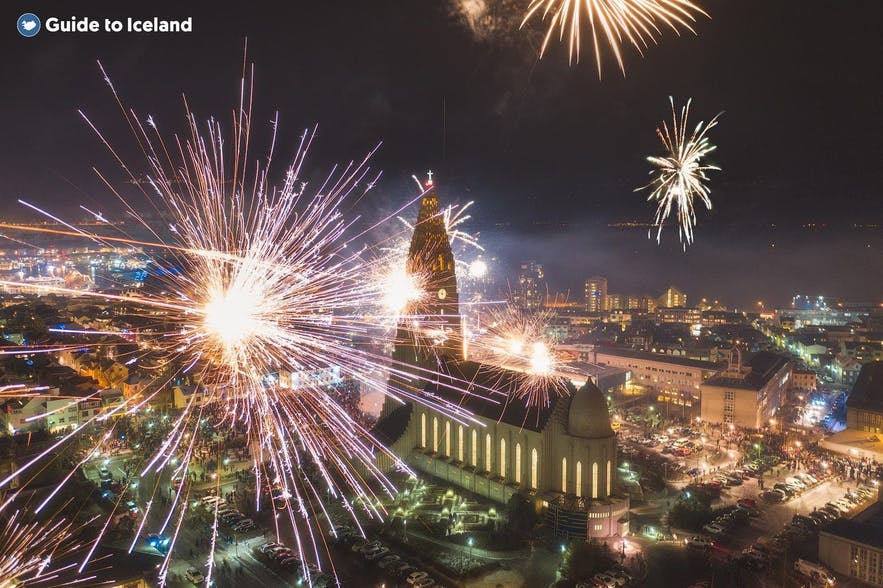
Understanding Iceland’s national holidays is essential for newcomers to plan daily life, enjoy local traditions, and connect with the community.
Iceland celebrates a variety of occasions throughout the year, including Christmas and New Year's Eve in winter and Beer Day in summer. These events offer insight into Icelandic culture and provide opportunities to join the country’s vibrant social life. They also affect daily schedules, as many offices, shops, and services may close during public holidays.
Below is a complete overview of the public holidays in Iceland with tips for newcomers:
Winter Holidays in Iceland
-
1st January – New Year's Day
Celebrate with locals through fireworks and family gatherings. Expect most offices and shops to be closed.
- 24th December – Christmas Eve, 25th December – Christmas Day, 26th December – Boxing Day
Christmas in Iceland features candlelit homes, traditional meals, and the 13 Yule Lads. Many public services close, so plan ahead.
- 31st December – New Year's Eve
Fireworks and public celebrations make this a memorable day to connect with locals.
Spring Holidays in Iceland
- Maundy Thursday, Good Friday, Easter Sunday & Easter Monday (March/April)
Religious holidays with opportunities to explore early spring nature. Businesses often close during these days.
- First Thursday after 18th April – First Day of Summer
A quirky Icelandic tradition marking the “start of summer” with parades and outdoor festivals.
- 1st May – Labor Day
Parades and community events celebrate workers’ rights. A good chance to meet locals.
Late Spring & Early Summer Holidays in Iceland
- Ascension Day, White Sunday & White Monday (May/June)
Family-oriented holidays with public events and outdoor activities.
- 17th June – Independence Day
Iceland’s most patriotic holiday with parades, music, and national pride. Perfect for newcomers to experience Icelandic identity.
Summer & Autumn Holidays in Iceland
- First Monday in August – Commerce Day
Markets, fairs, and local events showcase Icelandic products and crafts.
- Beer Day (late March)
Celebrates the end of the beer ban with lively events in bars and pubs—a fun way to socialize and meet locals.
Moving to Iceland FAQs
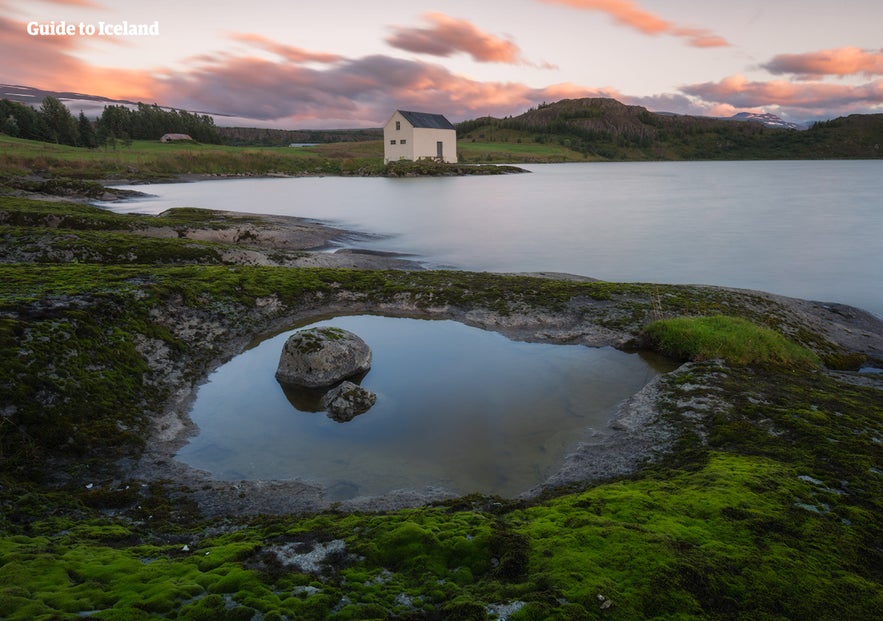
Do I need to get a new driver's license after moving to Iceland?
After moving to Iceland, residents can legally drive using a foreign license for a limited period, typically six months. Those planning to live in Iceland longer must exchange their license for an Icelandic one, provided their current license comes from a country recognized under Iceland immigration policy.
Is it possible to bring your car to Iceland?
Yes, it is possible to bring your car when you move to Iceland, but the process involves customs declarations and compliance with local vehicle standards. Temporary residents may use their foreign-registered car for a limited time before registration becomes mandatory.
Can I bring my pet with me to Iceland?
Although bringing pets into Iceland is allowed, the process is highly regulated and requires advanced planning. Pets must meet strict health and vaccination standards, along with a mandatory two-week quarantine upon arrival.
What can't I bring with me when moving to Iceland?
Certain items are strictly prohibited under Iceland immigration and customs laws, including raw meat, specific medications, and firearms. Anyone researching how to move to Iceland should carefully check the restricted items list to avoid delays or fines during their transition to life in Iceland.
Immigrating to Iceland Can Be Challenging, But Worth It
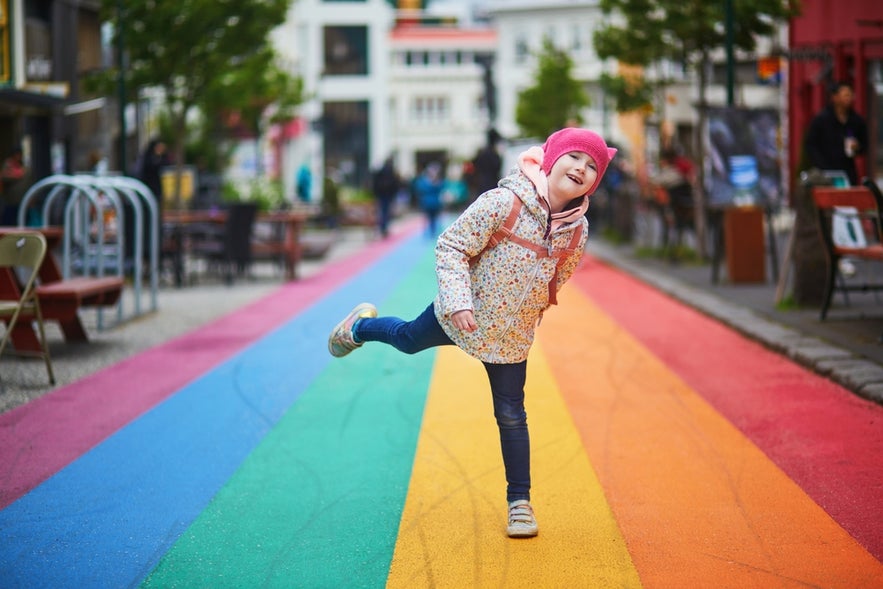 Moving to Iceland requires careful preparation and patience. Even after securing visas, housing, and employment, newcomers often face the emotional challenge of adapting to a new culture, climate, and way of life.
Moving to Iceland requires careful preparation and patience. Even after securing visas, housing, and employment, newcomers often face the emotional challenge of adapting to a new culture, climate, and way of life.
Feelings of isolation, homesickness, and discomfort with unfamiliar foods or humor are common and entirely normal. However, life in Iceland offers unique rewards that go beyond the initial challenges.
The stunning natural landscapes, fun cultural celebrations, and welcoming communities provide daily opportunities for exploration, learning, and personal growth. Every day offers a chance to connect with the culture, meet new people, and discover fascinating facts about Iceland.
Relocating to a new country is never simple, but embracing the adventure of moving to Iceland can make life more exciting, fulfilling, and memorable than ever before.
Are you interested in moving to Iceland? Have you moved to Iceland from another country? What about Iceland makes you want to move, and what aspects of the country are you interested in learning more about? Let us know in the comments below.

